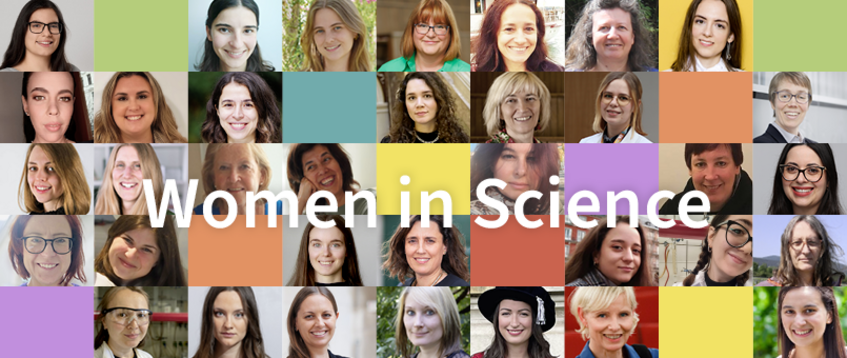"Women don't go into science," Jennifer Doudna, the 2020 Nobel laureate in chemistry, was told by a high school guidance counsellor. Fortunately, that did not stop her: “When someone tells me I can’t do something and I know that I can, it just makes me more resolved to do it.”
("Becoming a Scientific Leader", Women in Medicine Foundation, Sept. 8, 2021)
International Day of Women and Girls in Science 2025
11 February 2025 marks the 10th anniversary of the International Day of Women and Girls in Science. Initiated by UNESCO and UN-Women, it aims to promote full and equal access to and participation in science for women and girls.
The University of Vienna celebrates this day with an initiative that highlights the female scientists of its STEM Faculties and Centres: Computer Science, Mathematics, Physics, Chemistry, Earth Sciences, Geography and Astronomy, Life Sciences, Microbiology and Environmental Systems Science, Data Science research network and Max Perutz Labs.
The Fascination of Chemistry
At the Faculty of Chemistry we asked our female scientists to share their fascination with their chosen subject – to see their answers please click on the link in the colour bar or scroll down. Thank you to everyone who shared their passion to inspire others!
A Portrait of Professor Annette Rompel
The University of Vienna is also presenting a series on female pioneers and role models in its STEM disciplines. The Faculty of Chemistry is represented by Annette Rompel, head of the Institute of Biophysical Chemistry and the first female professor appointed to the Faculty in 2008.
A Long Way to Have Come
It was in 1902 that Margarethe Furcht graduated from the University of Vienna, becoming the first woman in the Austro-Hungarian Empire to earn a doctorate in chemistry. Like around 50% of the young women who followed in her footsteps over the next few decades, she came from a Jewish family. Several of these women were murdered in the Holocaust, some managed to emigrate, the fate of many others is unknown. Margarethe Furcht emigrated to England in 1938. She worked as an industrial chemist in London, where she died in 1976 at the age of 96.
For women scientists, the glass ceiling remained firmly in place for a long time. In the early years, many graduates left science when they married. It would be more than 70 years after Margarethe Furcht's graduation before the first woman, Nelly Konopik, received her venia docendi for Specialised Physical Chemistry in 1975. Others followed: Edda Gössinger (Organic Chemistry, 1982), Sonja Solar (Radiation Chemistry, 1985), Regina Krachler (Inorganic Chemistry, 1994), Ilse Steffan (Atomic Spectroscopy, 1998), Irene Schnöll-Bitai (Physical Chemistry, 2004), Margit Cichna-Markl (Analytical Chemistry, 2007) and Gabriele Wallner (Inorganic Chemistry, 2007).
Although female associate professors had been doing research and teaching at the Chemical Institutes since 1975, it was not until 2008 that a woman was appointed a full professor, when Annette Rompel was offered the Chair of Biophysical Chemistry. Thanks to an appointment policy supported by long-standing Dean Bernhard Keppler, it did not take as long for the next female professors to follow: Doris Marko (Food Chemistry, 2009), Anja Lembens (Didactics of Chemistry, 2010), Leticia González (Theoretical Chemistry, 2011), Veronika Somoza (Physiological Chemistry, 2011), Gunda Köllensperger (Analytical Chemistry, 2014) and Ellen Backus (Physical Chemistry, 2018), Katharina Groß (Didactics in Chemistry, 2018 - 2020). In 2018 Margit Cichna-Markl was also appointed full professor in a university-wide competitive call.
Jia Min Chin joined the Faculty in a tenure track position in Physical Chemistry in 2019 and was promoted to Associate Professor in 2022. Giorgia del Favero started as an Assistant Professor of Toxicology in 2022 and Evelyn Rampler as an Assistant Professor of Analytical Chemistry in 2024.
In 2020, Barbara Lieder, now Professor for Human Nutrition and Dietetics at the University of Hohenheim, received the venia docendi for Biomolecular Chemistry, and Astrid Slany for Analytical Chemistry, in 2021 Giorgia del Favero for Toxicology and Evelyn Rampler for Analytical Chemistry, and most recently in 2023 Katharina Pallitsch for Organic Chemistry.
A Success Story
The Faculty's female scientists have acquired more than 37 million Euro in third party-funding, including an ERC Consolidator Grant, an ERC Starting Grant, two Christian Doppler Laboratories, and most recently, participation in the Board of Directors of two FWF Clusters of Excellence.
Since 2018, the ‘Women in Chemistry’ (WoChem) network has been supporting young female scientists at the Faculty with peer mentoring and training programmes. The initiative regularly organises events to share experiences as well as guest lectures by national and international female scientists. WoChem aims to be at the forefront of increasing diversity in the Faculty and also sees itself as having a responsibility to support other under-represented groups.
While significant progress has been made in advancing gender equality, it remains essential for the Faculty and the University to actively support women in research. Continued efforts to foster an inclusive and equitable environment will ensure that all scientists can contribute to their full potential.
Source
Soukup, R.W., Rosner, R. Scientific contributions of the first female chemists at the University of Vienna mirrored in publications in Chemical Monthly 1902–1919. Monatsh Chem 150, 961–974 (2019)
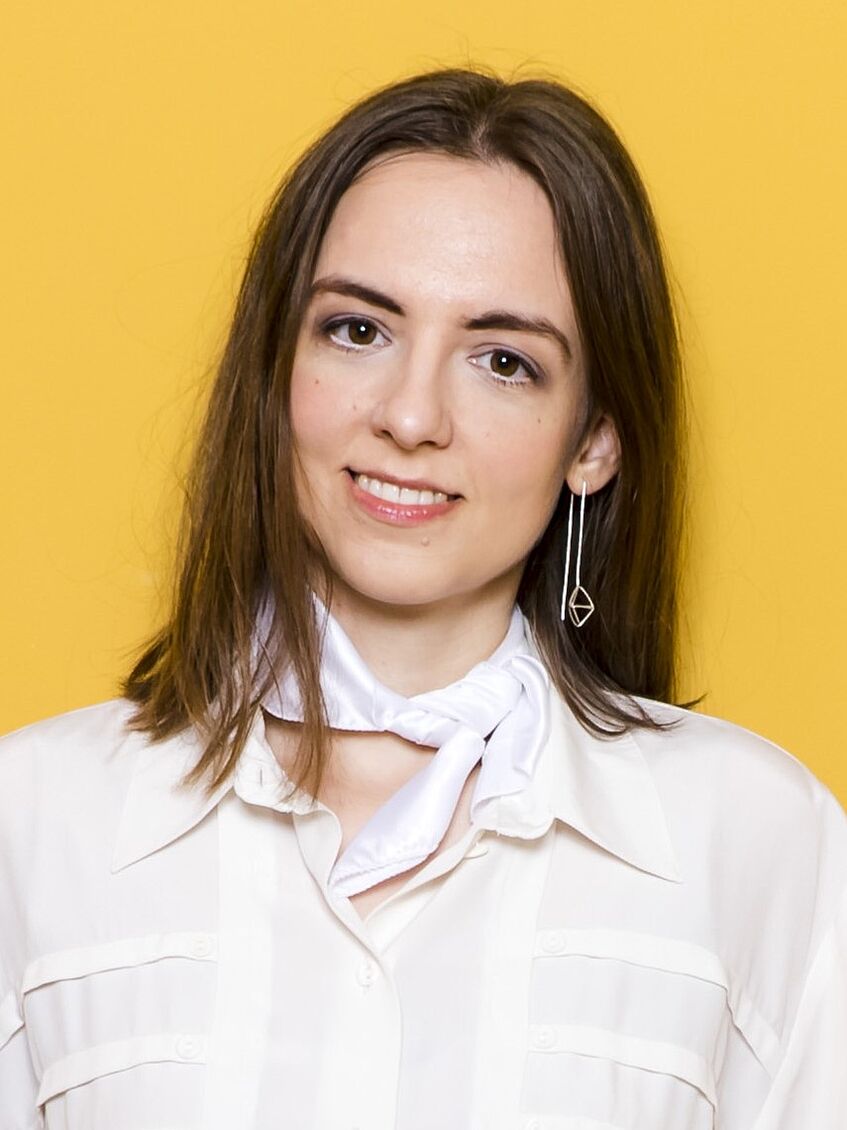
Brigitta Bachmair, PhD Student at the Institute of Theoretical Chemistry
“Science is our way of trying to understand our world a bit better day by day. It's fascinating to learn, how sometimes seemingly unrelated things are connected so closely.”
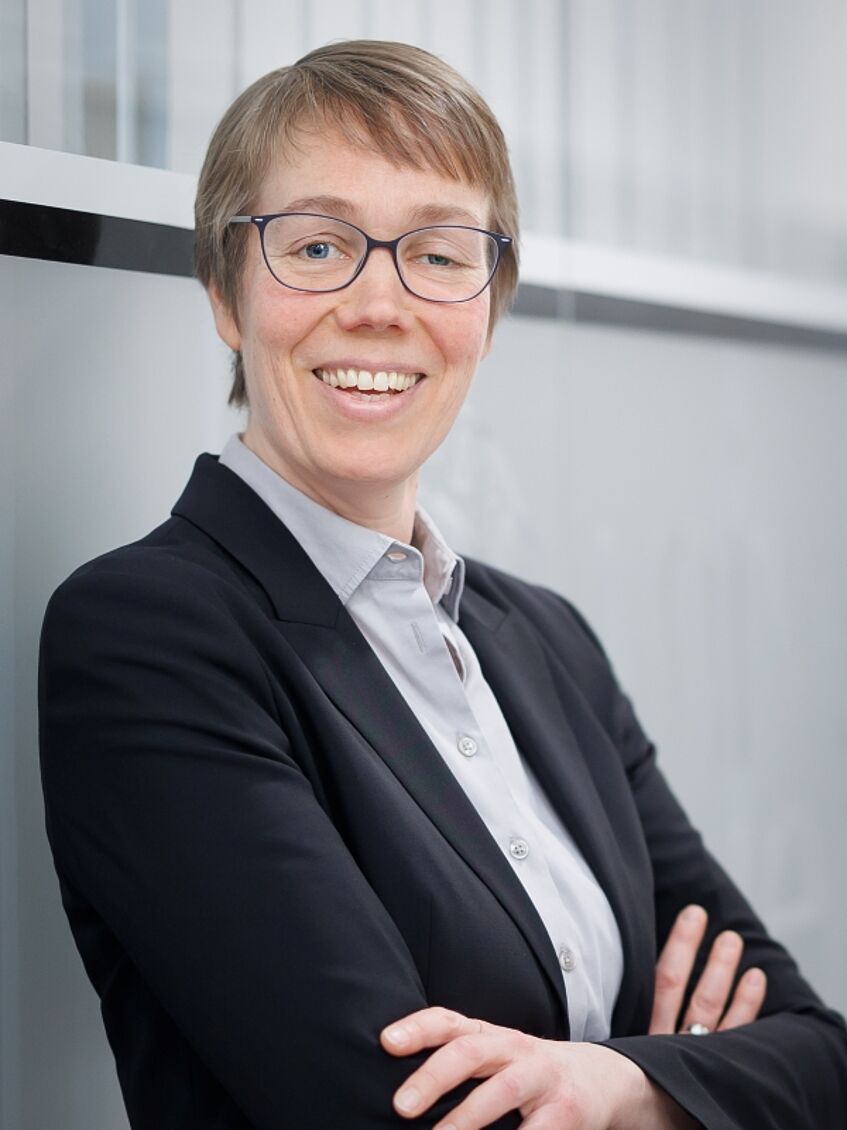
Ellen Backus, Professor at the Institute of Physical Chemistry
“The colour of molecules.”
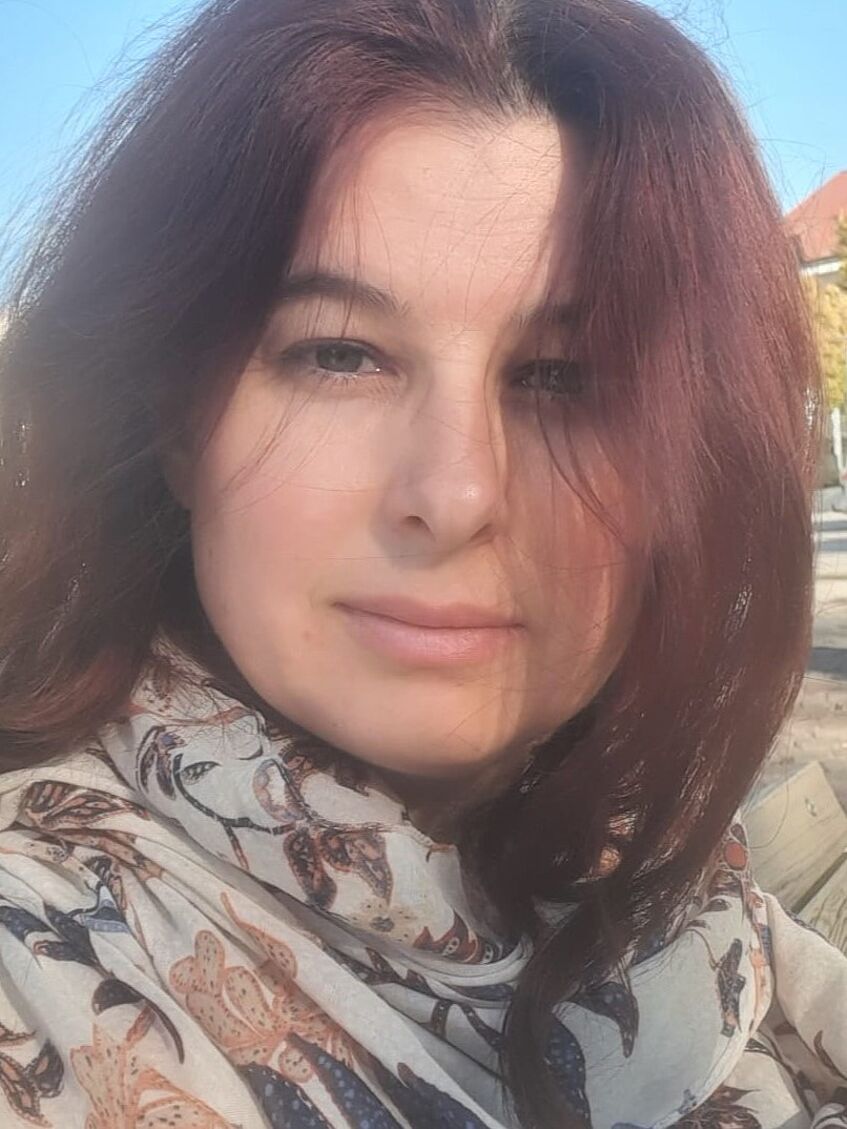
Janice Bergen, PhD Student at the Institute of Food Chemistry and Toxicology
“Elucidating nutrition's role down to the cellular level is vital to understanding health and disease processes in our bodies. Implementing biophysical toxicology, multimodal imaging and developing in vitro models for the hazard characterization of food-borne molecules is my passion in research.”
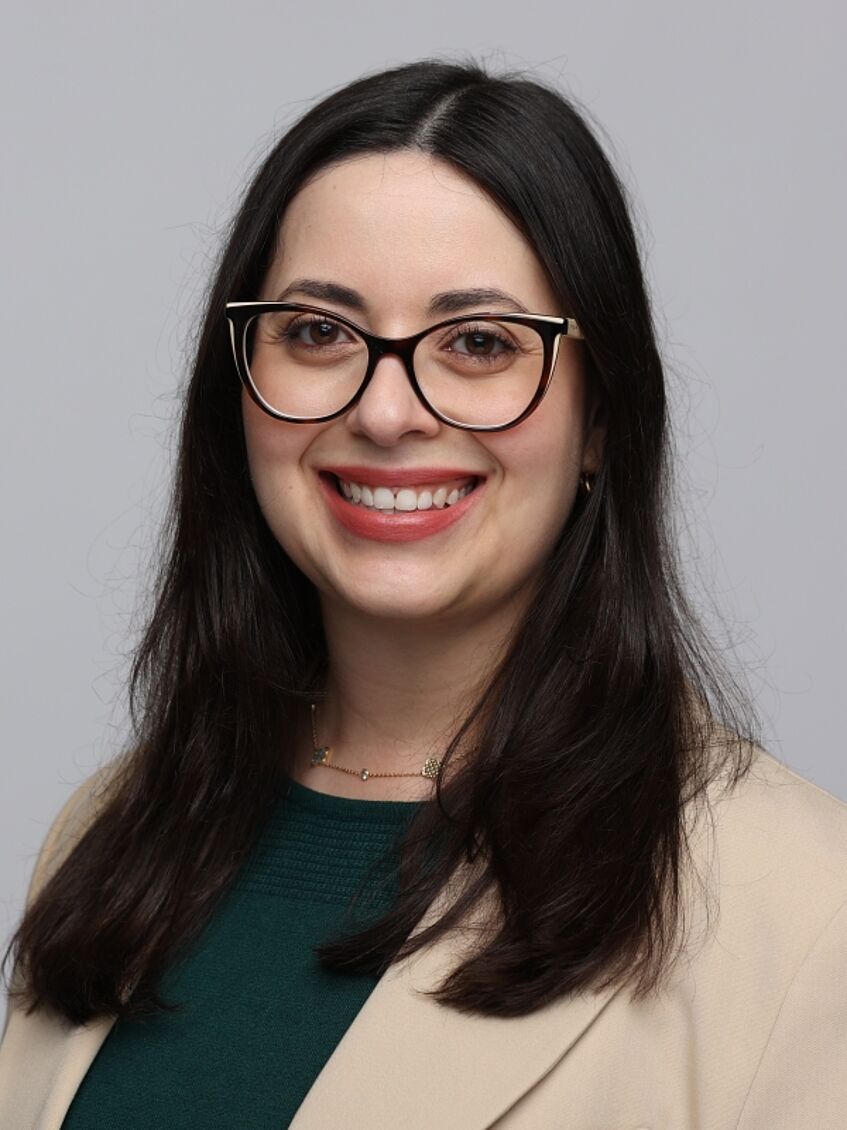
Julia H. Bormio Nunes, Postdoctoral Researcher at the Institute of Inorganic Chemistry
“I studied Chemistry because I wanted to better understand the world. Chemistry makes me feel fulfilled by answering questions about nature and life.”
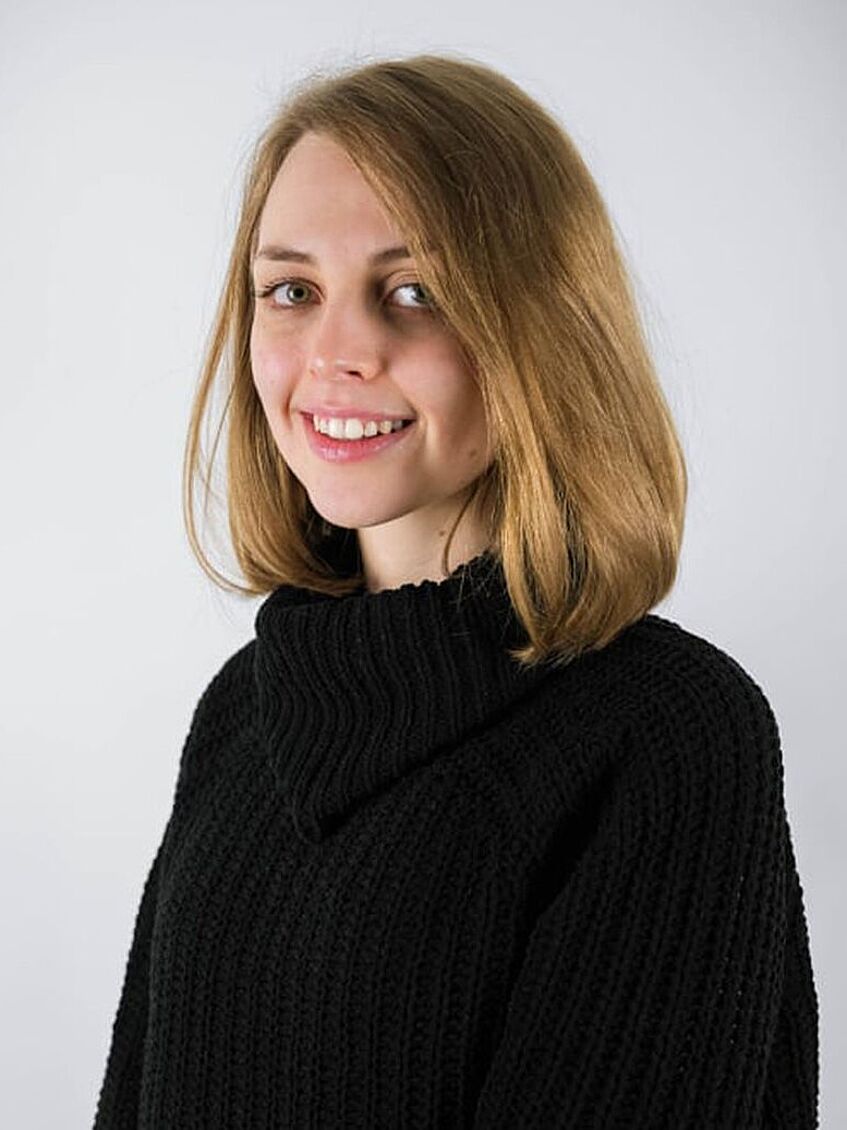
Eszter Borsos, PhD Student at the Institute of Food Chemistry and Toxicology
“As a curious person, I have always wondered about the scientific explanation of everyday phenomena: How does laundry detergent work? Which vitamins should I take? Can I remove the mold from a jar of jam and eat the rest? My quest for understanding led me to become a chemist and later a Ph.D. student at the Institute of Food Chemistry and Toxicology, where I am still searching for answers, but now for the ones that even the scientific community does not know yet. At the moment I am particularly interested in the kinetics of the metabolism of Alternaria mycotoxins, such as alternariol, tentoxin, and altenuene.”
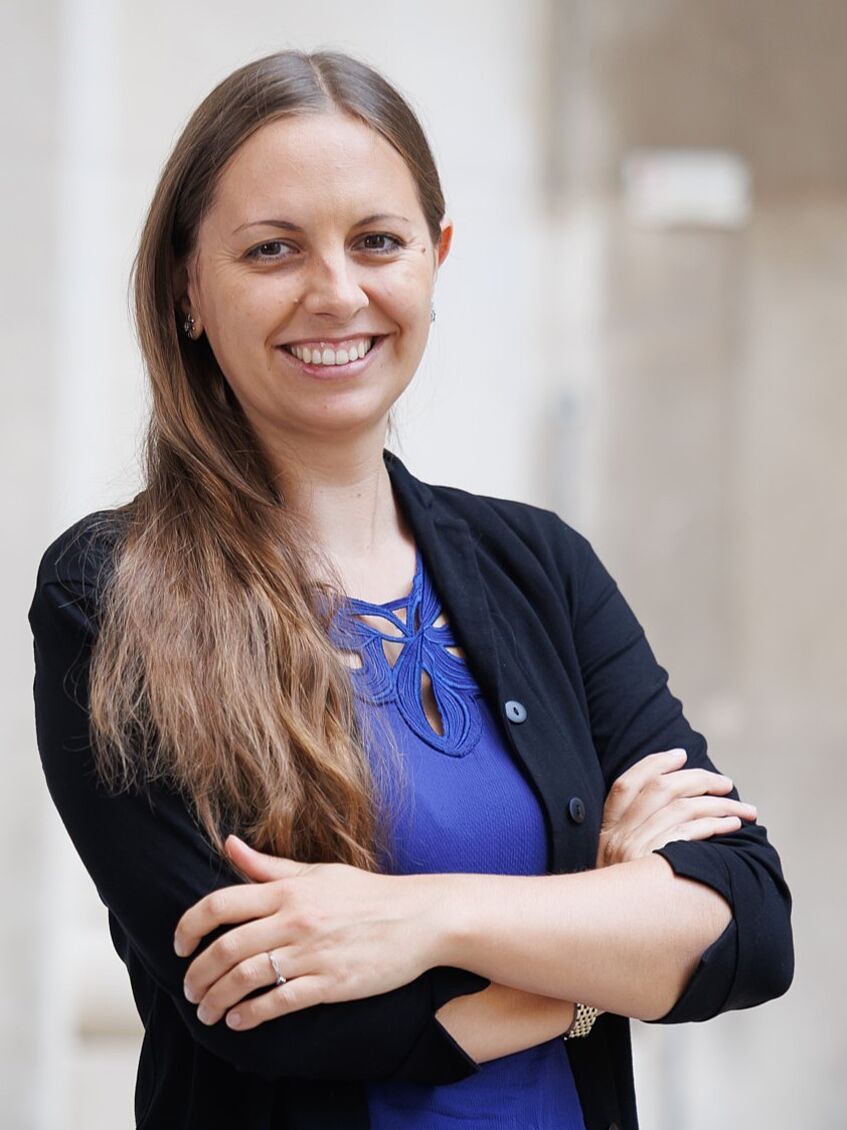
Simone Bräuer, Senior Scientist at the Institute of Analytical Chemistry
“What fascinated me most in chemistry classes were the colorful experiments that helped you to determine various properties of all kinds of samples, from tap water to strange powders. In a way, that’s also the essence of what I am doing today as analytical chemist; and it makes me feel like a detective in a lab coat, solving complex puzzles. ”
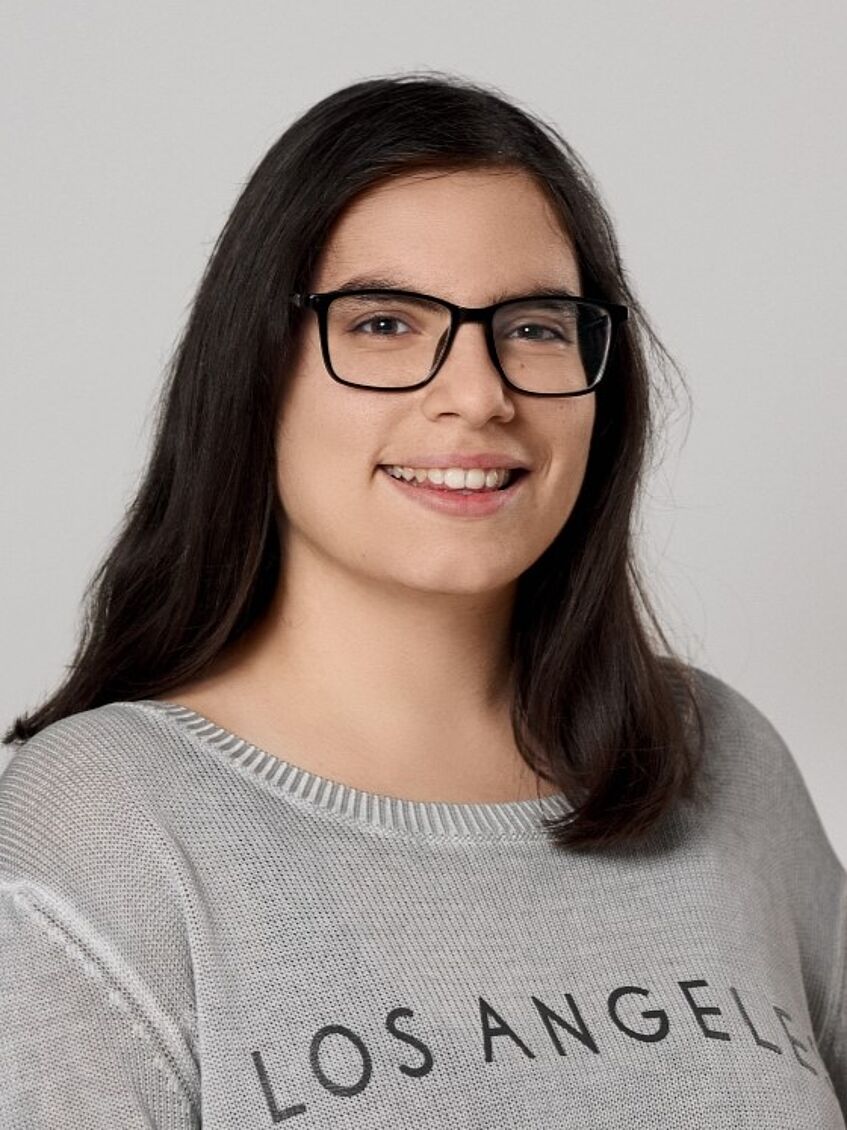
Ana Carvalho, PhD Student at the Institute of Analytical Chemistry
“When I was a kid in middle school I always looked forward to the small experiments that were meant to show how "cool" and "fun" science can be. Following that, I've started to like chemistry, with an interest on the more biological side of chemistry. So that's why I'm pursuing a PhD in Chemistry at DosChem. This PhD is part of PROHITS Doctoral Network which aims to improve the understanding of thermophile biology and to guide the optimized design of cell factories. In my project I'm combining both wet lab and bioinformatic approaches for optimization of archaeal cell factories.”
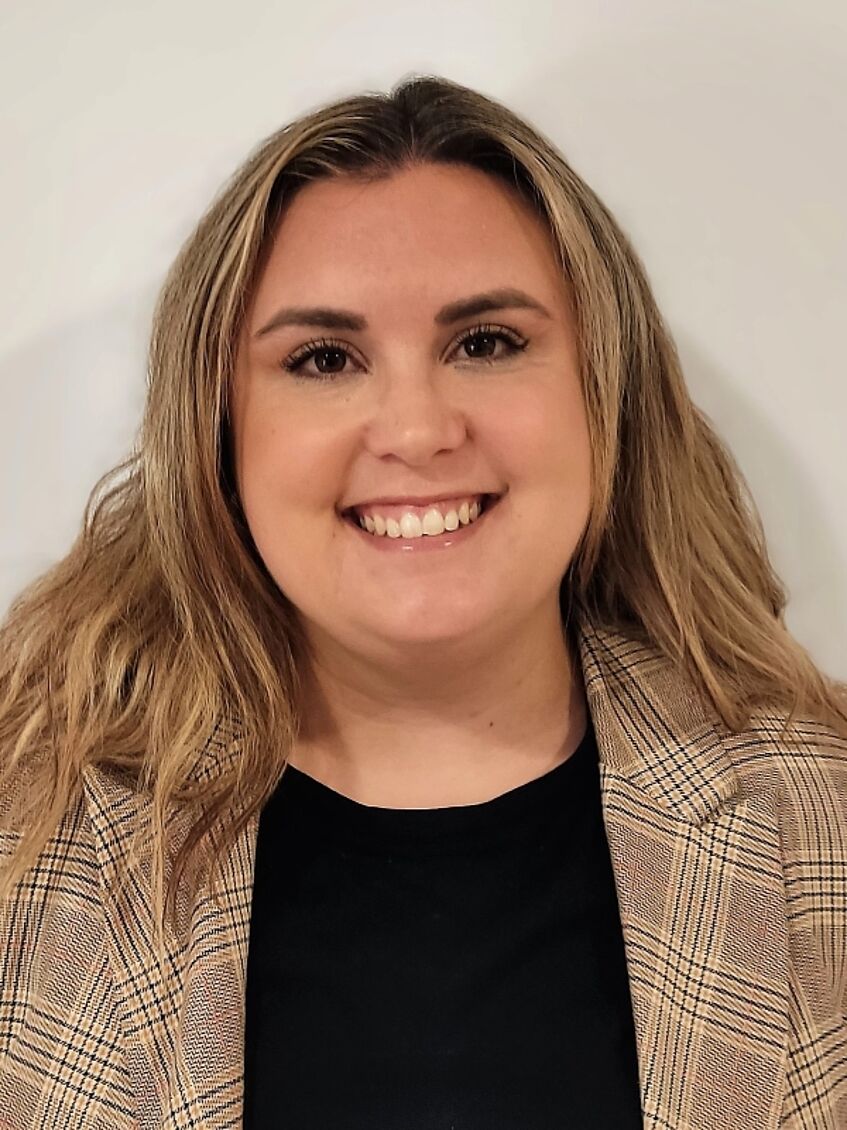
Delia Castilla-Fernández, Postdoctoral Researcher at the Institute of Food Chemistry and Toxicology
“Before my PhD, I was fascinated by how Analytical Chemistry could detect contaminants in foods at trace concentrations. Then, I joined the University of Vienna and expanded my vision on how important trace analysis is in human health, and not only in food safety. Detecting those contaminants in biological human samples is a promising tool to prevent diseases.”
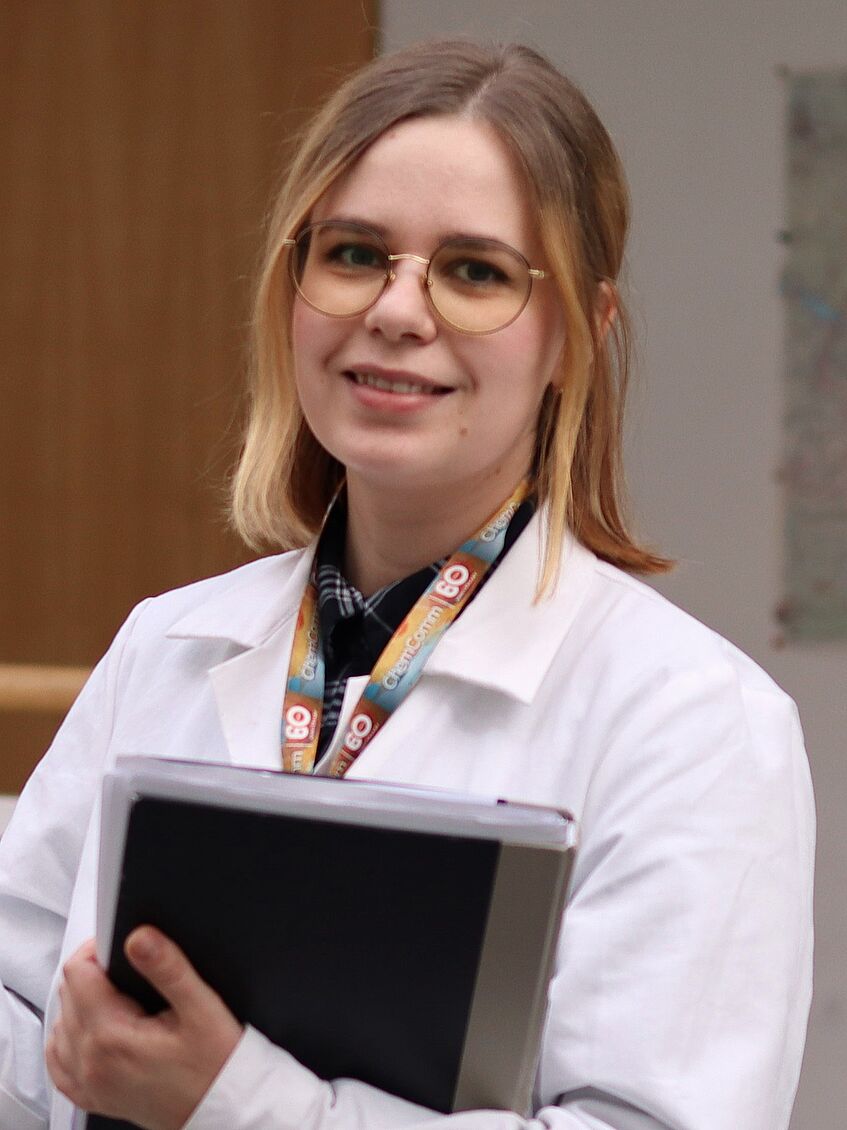
Ella Duvanova, Postdoctoral Researcher at the Institute of Biophysical Chemistry
“I am deeply passionate about chemistry, a field I believe to be a creative and inspiring profession that adds depth and excitement to life. I pursued my higher education in Ukraine, even during the challenges of wartime, and now continue my academic journey at the University of Vienna.”
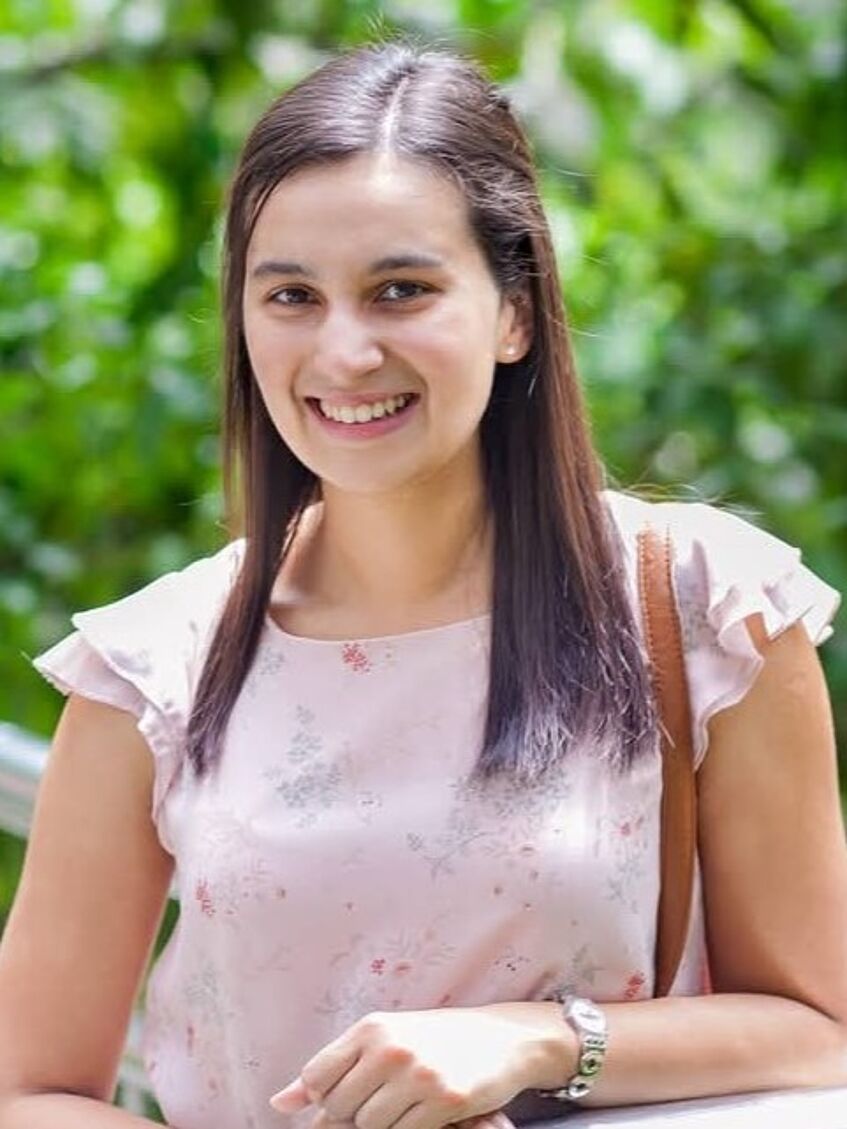
Yasmin Fareed, PhD Student at the Institute of Analytical Chemistry
“What fascinates me about chemistry is the ability to explain why things around us behave the way they do. The capability to unravel biological pathways through analytical tools, enabling a patient´s treatment is what motivates me most in my field of research.”
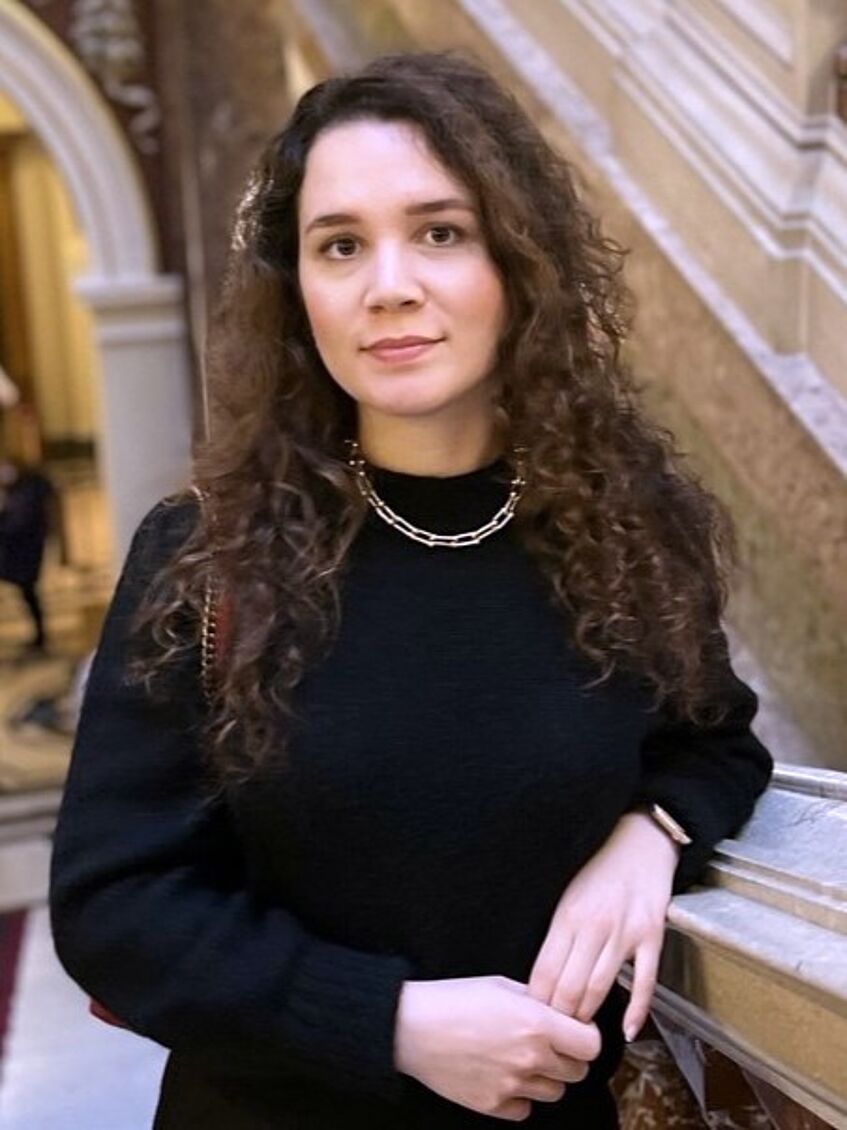
Dilara Farkhutdinova, PhD Student at the Institute of Theoretical Chemistry
“I’m fascinated by chemistry because it is one of the sciences that helps us understand how the world works. It allows us not only to observe phenomena but also to comprehend, explain, and sometimes even replicate the incredible processes we see in nature. It's magically interesting!”
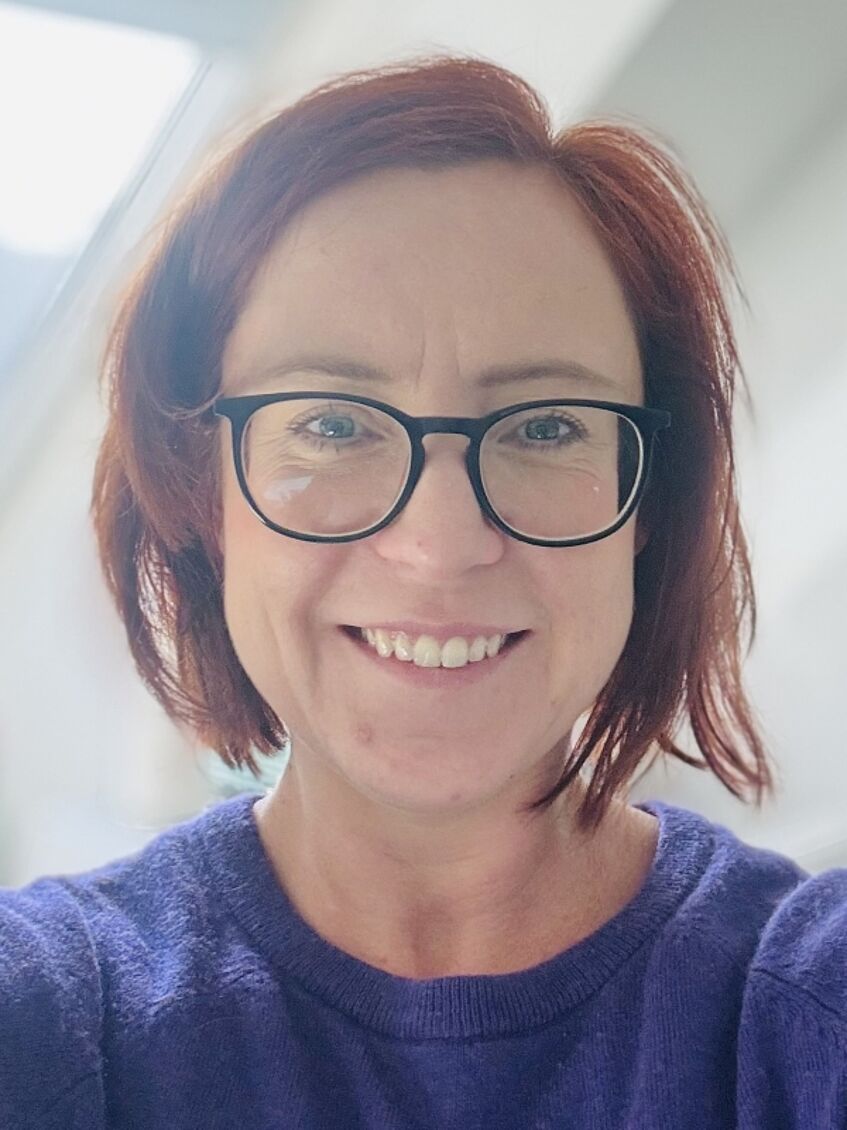
Justyna Florek, Senior Scientist at the Institute of Functional Materials and Catalysis
“I love to see how what we're doing helps to make a difference.”
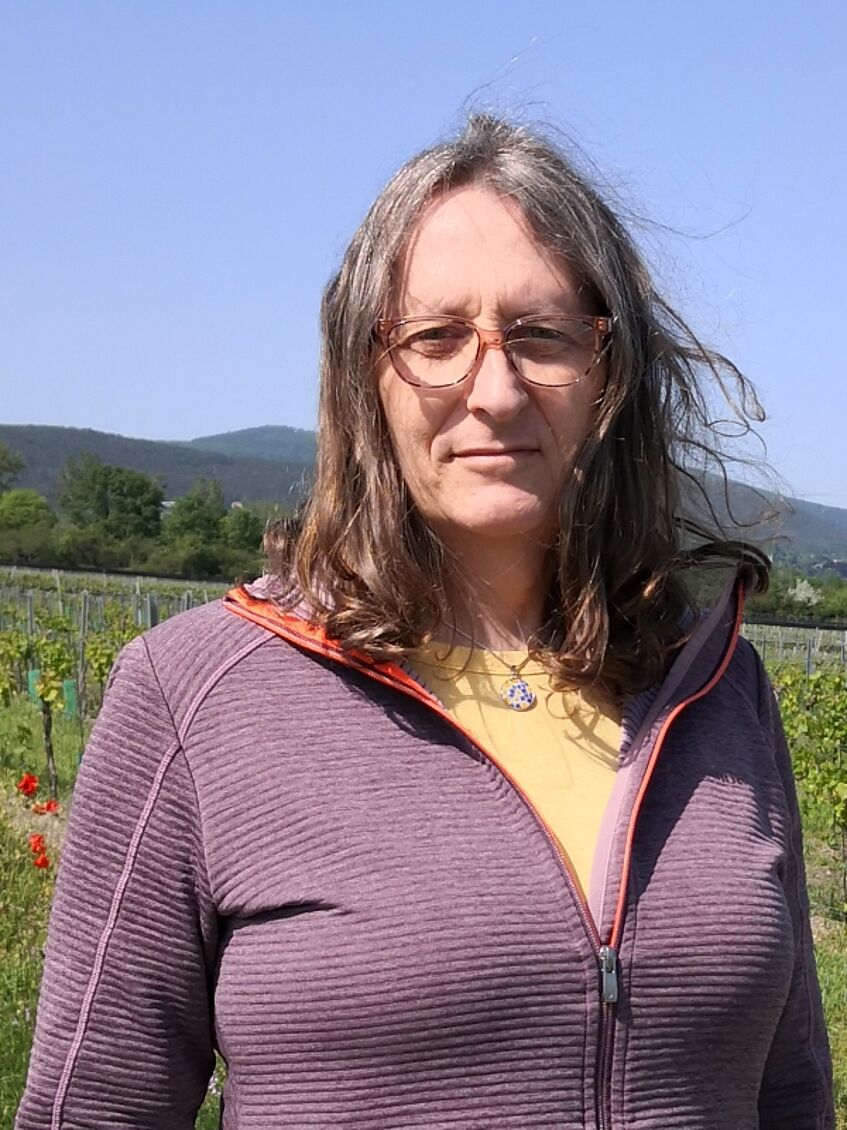
Mathea Sophia Galanski, Associate Professor at the Institute of Inorganic Chemistry
“I am fascinated by the fact that chemists can create new molecules or materials. Substances that no one has yet produced and whose properties no one has yet been able to investigate. Building up new molecules is like playing with Lego bricks, just on a different level. In addition, these new compounds could, for example, be used in medicine as diagnostics or therapeutics and thus make our world a little better.”
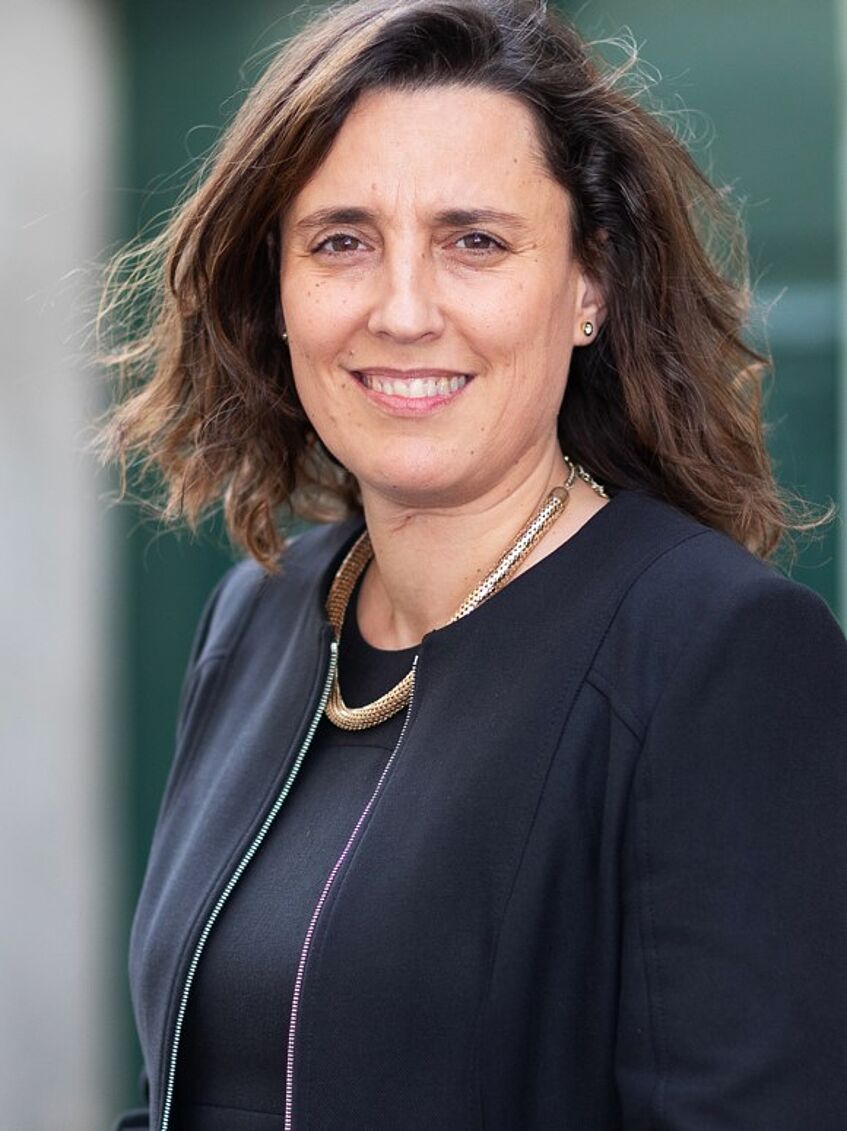
Leticia González, Professor at the Institute of Theoretical Chemistry
“Chemistry for a theoretician? If you can draw it, you can calculate it — if you master the electrons, you command the chemistry!”

Andrea Graf, Master's Student at the Institute of Analytical Chemistry
“What fascinates me most about chemistry is its ability to logically explain complex processes, like metabolism, breaking them down into fundamental principles that make sense.”
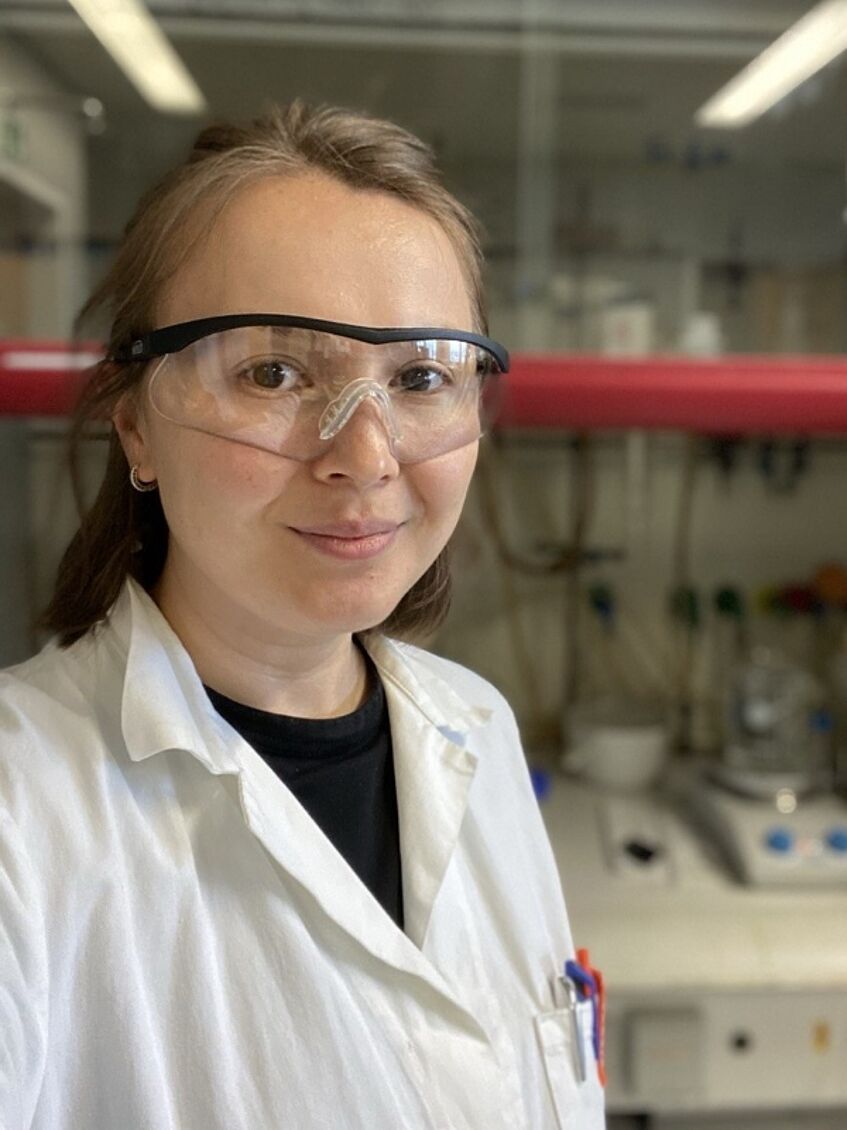
Nadiia Gumerova, Postdoctoral Researcher at the Institute of Physiological Chemistry
“Chemistry is fascinating because it is a puzzle about how tiny pieces fit together to make big changes in our world.”
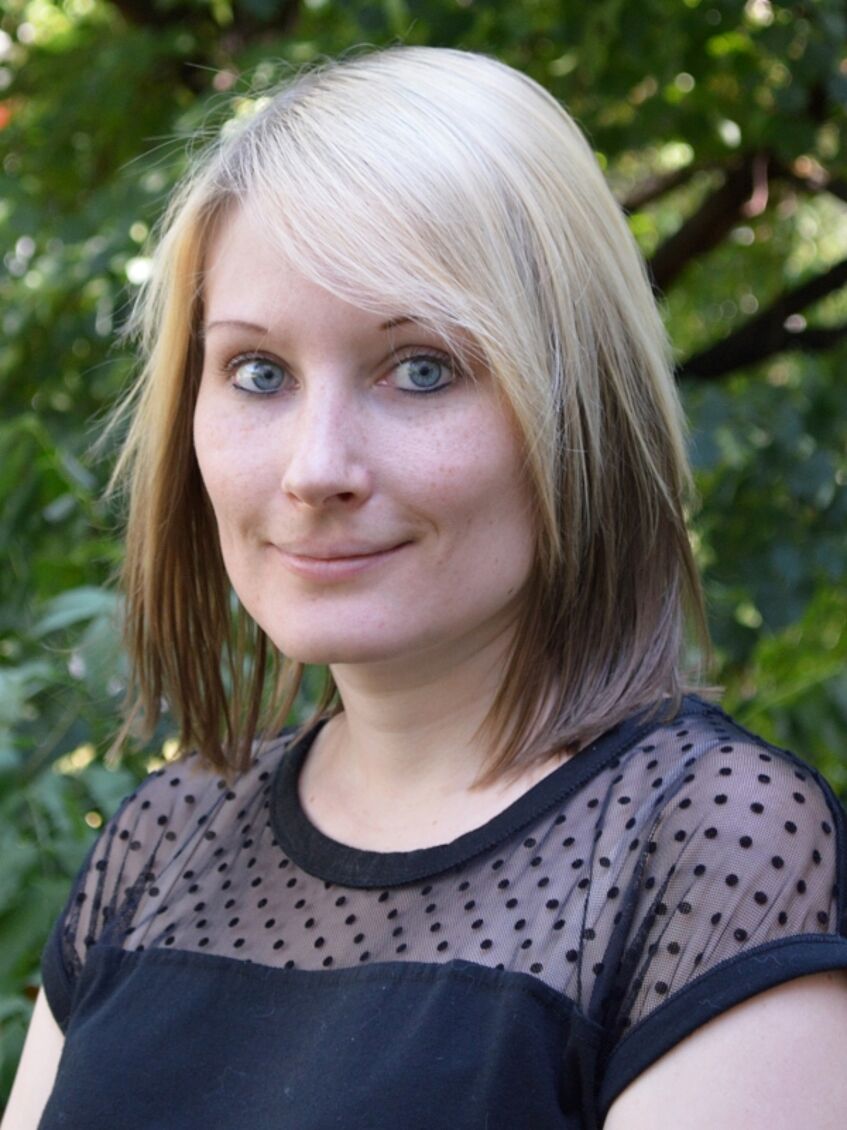
Sonja Hager, Postdoctoral Researcher at the Institute of Food Chemistry and Toxicology
“What fascinates me about chemistry is its omnipresence – it permeates everything around us, from the appliances we use daily to the plants we admire, the food we consume, and even the very makeup of our own bodies.”
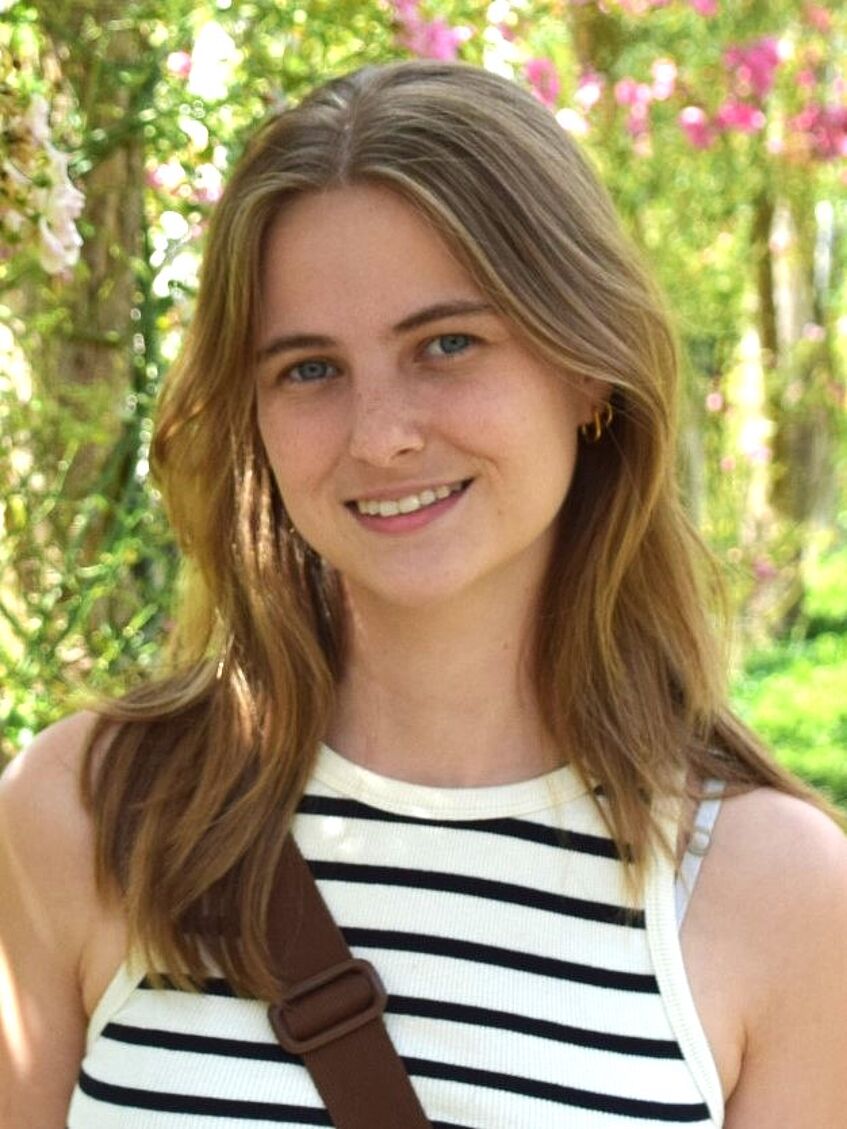
Angela Hofmeister, PhD Student at the Institute of Organic Chemistry
“Chemistry always fascinated me as a field where creativity meets science. I love how, especially in organic chemistry, we can use a toolbox of simple models and theories to predict the outcome of our experiments carried out in the lab. Working in a creative field with diverse people also inspires to think outside the box, fostering innovation and new perspectives that drive science forward.”
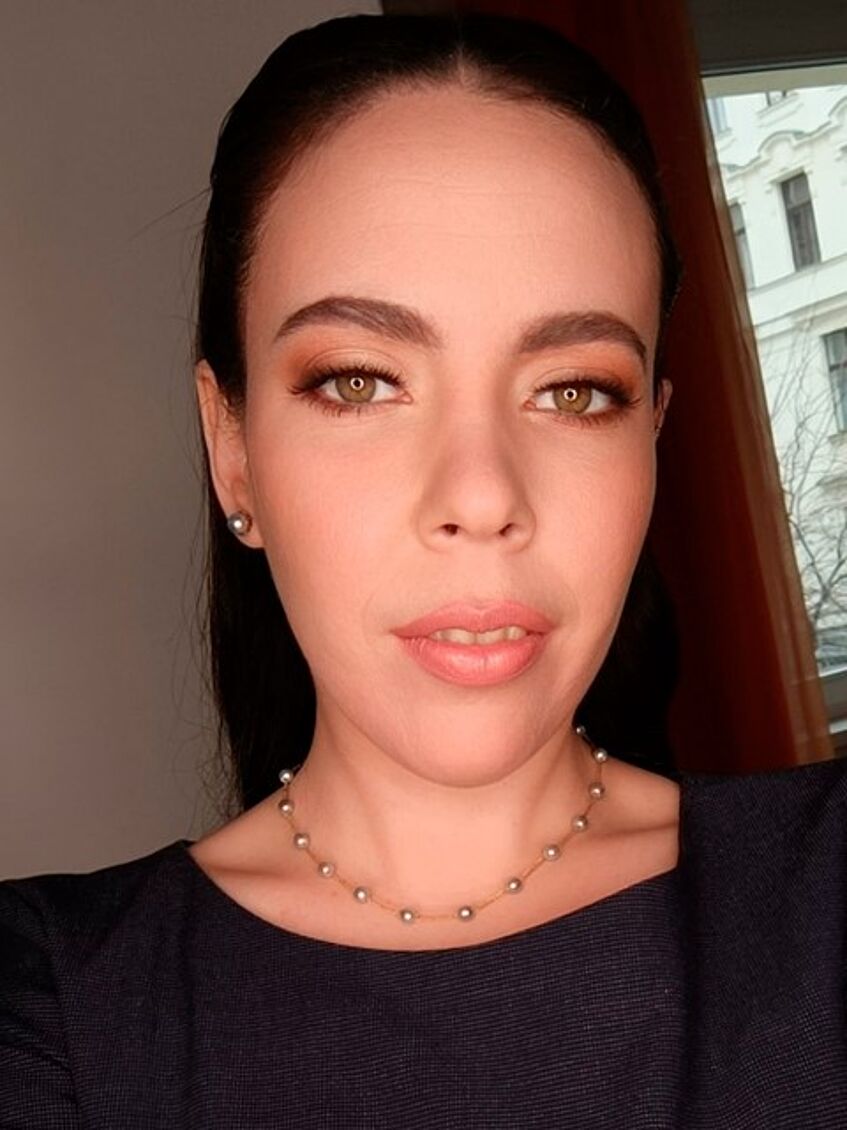
Claudia Iriarte Mesa, Postdoctoral Researcher at the Institute of Functional Materials and Catalysis
“What fascinates me about chemistry is its ability to uncover how we and the world around us operate, transforming that knowledge into practical solutions. Chemistry is the perfect blend of discovery and innovation”
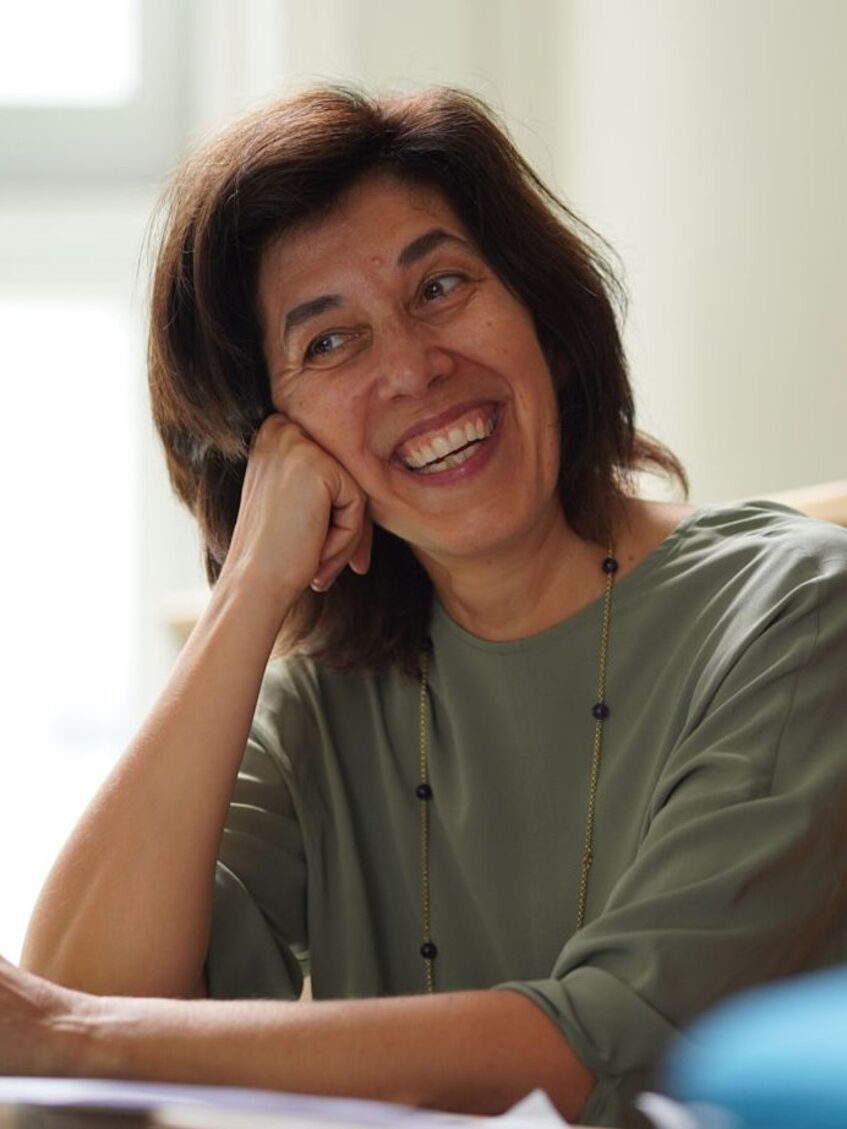
Gunda Köllensperger, Professor at the Institute of Analytical Chemistry, Vice Dean
“How a minute amount of molecules can change everything...”
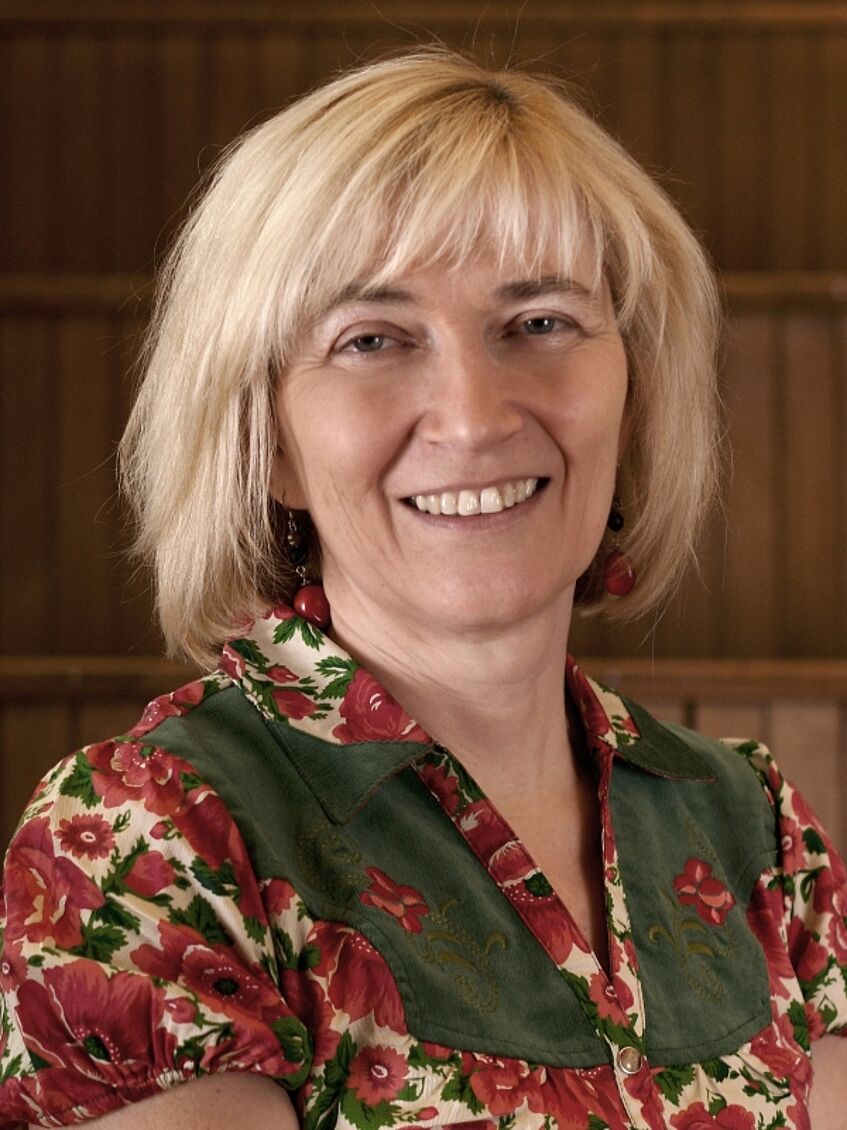
Doris Marko, Professor at the Institute of Food Chemistry and Toxicology
“My research is dedicated to food safety and consumer´s protection. We are what we eat. Food is much more than just calorie intake; it is an incredible source of bioactive substances, but may also contain multiple contaminants. Research on food constituents, their occurrence and the respective molecular mechanisms is crucial for sustainably protecting consumers' health.”
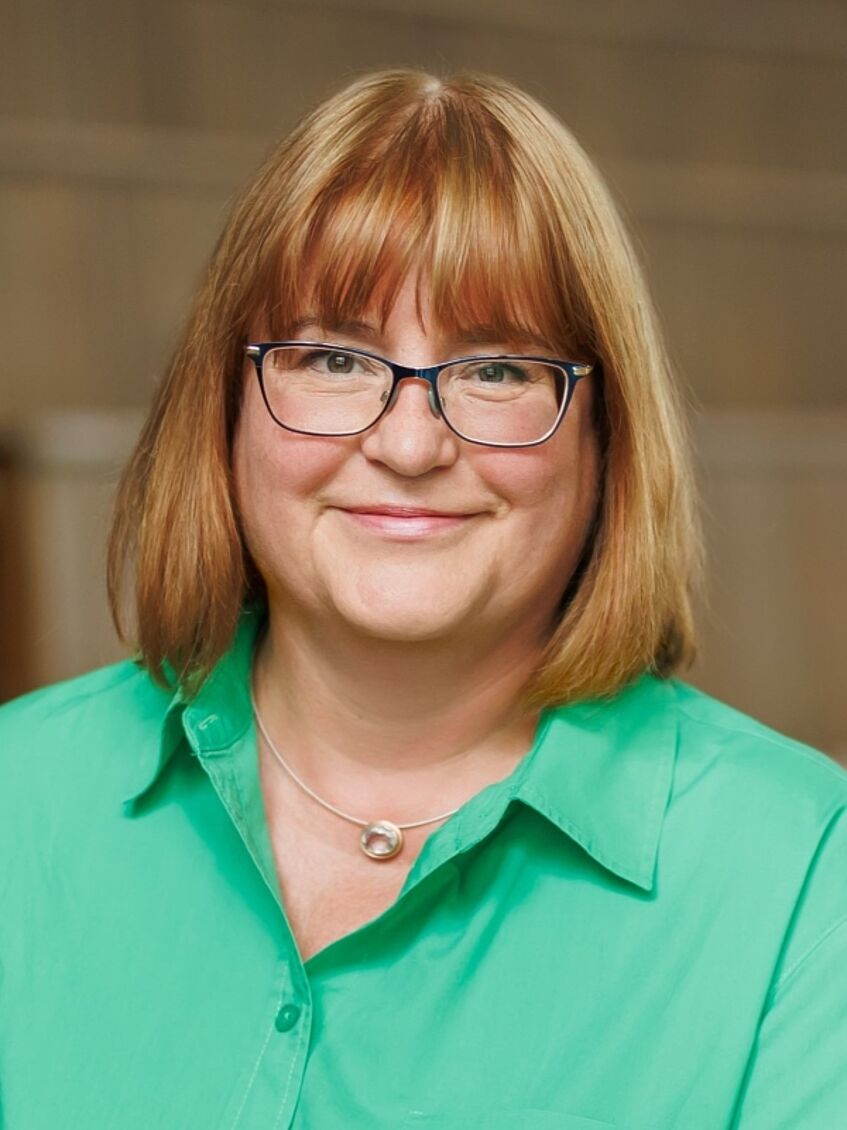
Angelika Menner, Senior Scientist at the Institute of Materials Chemistry, Director of Studies
“My chemistry teacher inspired me to study chemistry and still to this day I love to develop materials with properties tailored for their application.”
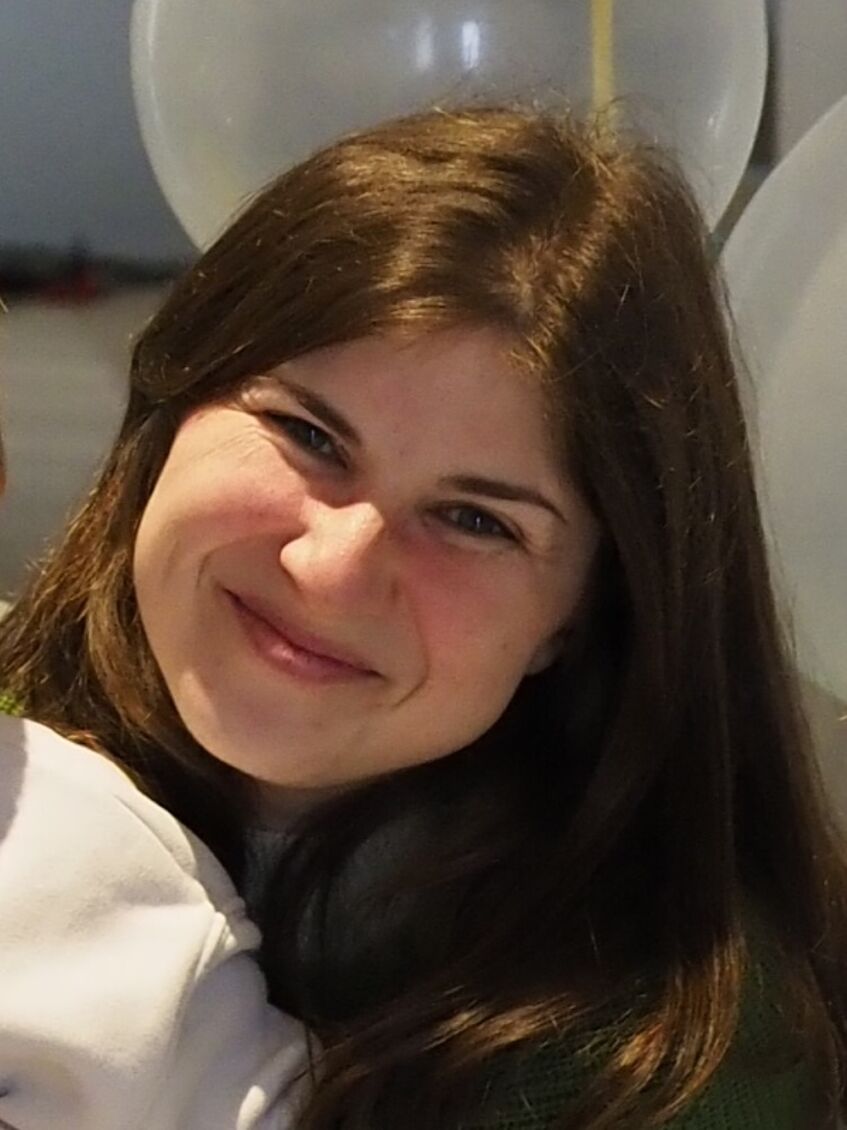
Katharina Pallitsch, Senior Scientist at the Institute of Organic Chemistry
“My chemistry teacher - a strong, humorous and brilliant woman - sparked the fascination for chemistry in me.She made me realise how much we still don't know and how much room there is still left for discoveries in this field.”
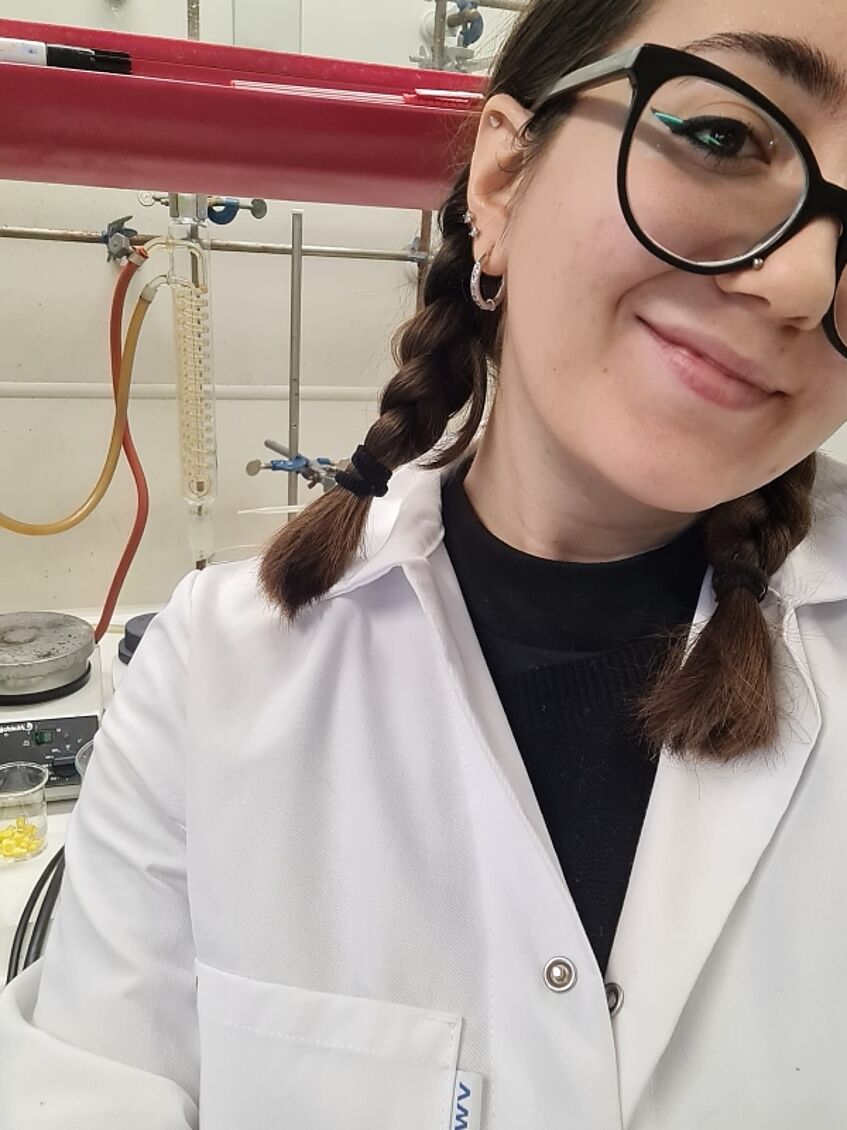
Maddalena Paolillo, Visiting PhD Student at the Institute of Physiological Chemistry
“Ever since I was a child, I’ve been fascinated by the world around me. I was full of questions I couldn’t answer, and it was chemistry that gave me the tools to start finding those answers. For me, chemistry feels like stepping into a colourful, vast world full of surprises and endless discoveries.Working in the lab has always brought me a sense of peace. It’s where curiosity meets creativity, and every experiment feels like a small step toward understanding the beauty of how things work.”
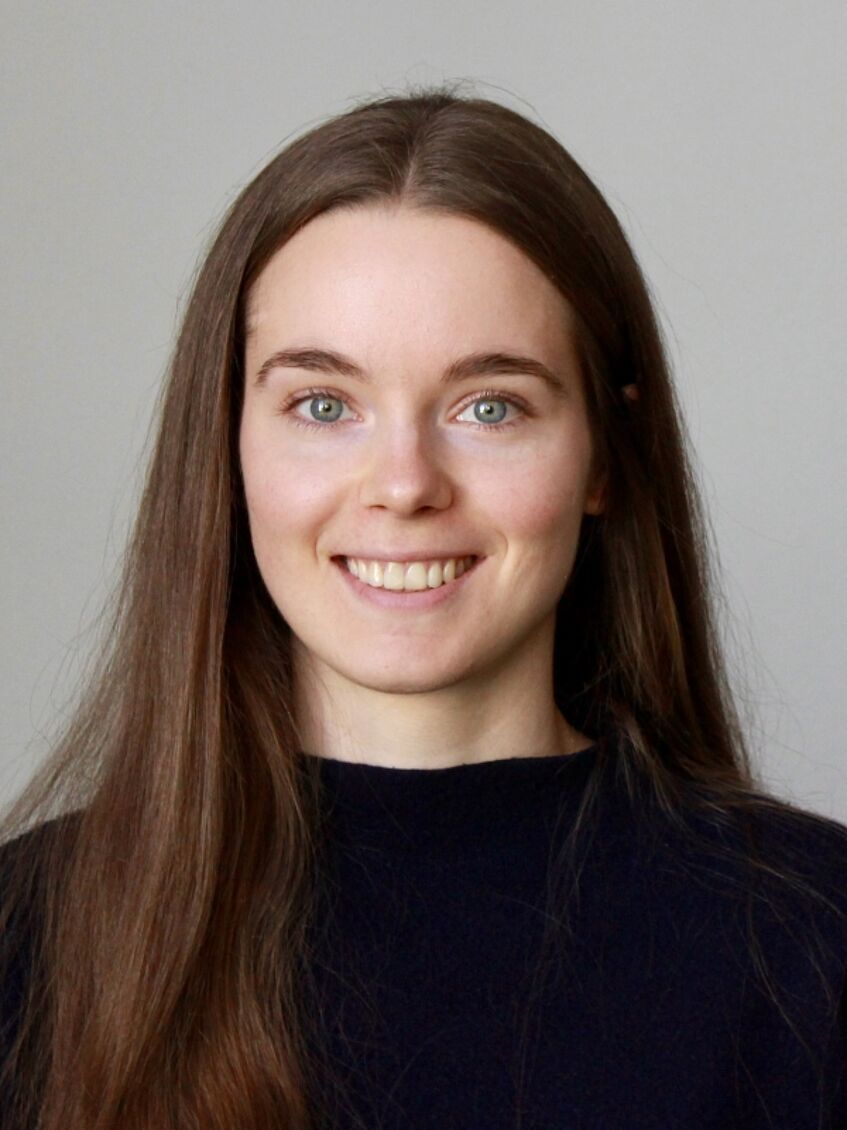
Katharina Pühringer, PhD Student at the Institute of Analytical Chemistry
“Science is fascinating because it reveals what is invisible to the naked eye. It allows us to explore not only the external world around us but also the inner world.”
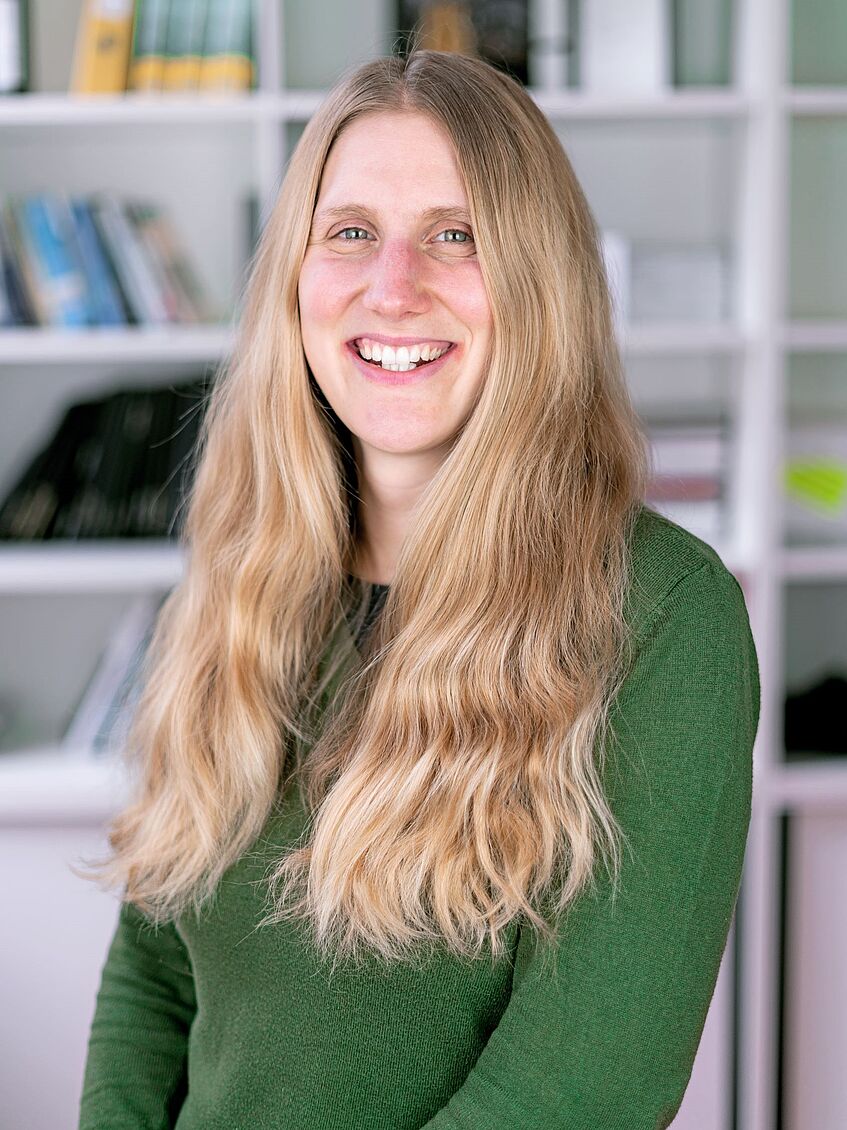
Evelyn Rampler, Assistant Professor at the Institute of Analytical Chemistry
“Chemistry fascinates me because it allows us to decode the molecular language of life, much like chess—where every molecule, like every move, plays a crucial role in a larger strategy. As an analytical chemist and a chess player, I am driven to explore complex molecular puzzles through mass spectrometry, a technique that acts as an ultra-precise scale for molecules. With its vast range of applications, I use it to study pressing challenges in cancer and diabetes research, plant stress markers, and biotechnology— while continuously uncovering new possibilities in science.”

María José Rimón Martínez, PhD Student at the Institute of Analytical Chemistry
“I am specially fascinated by the using of computational tools to uncover and optimize biological processes. My current work focuses on developing genome-scale metabolic models (GEM) of thermophilic prokaryotes for study as microbial cell factories.”
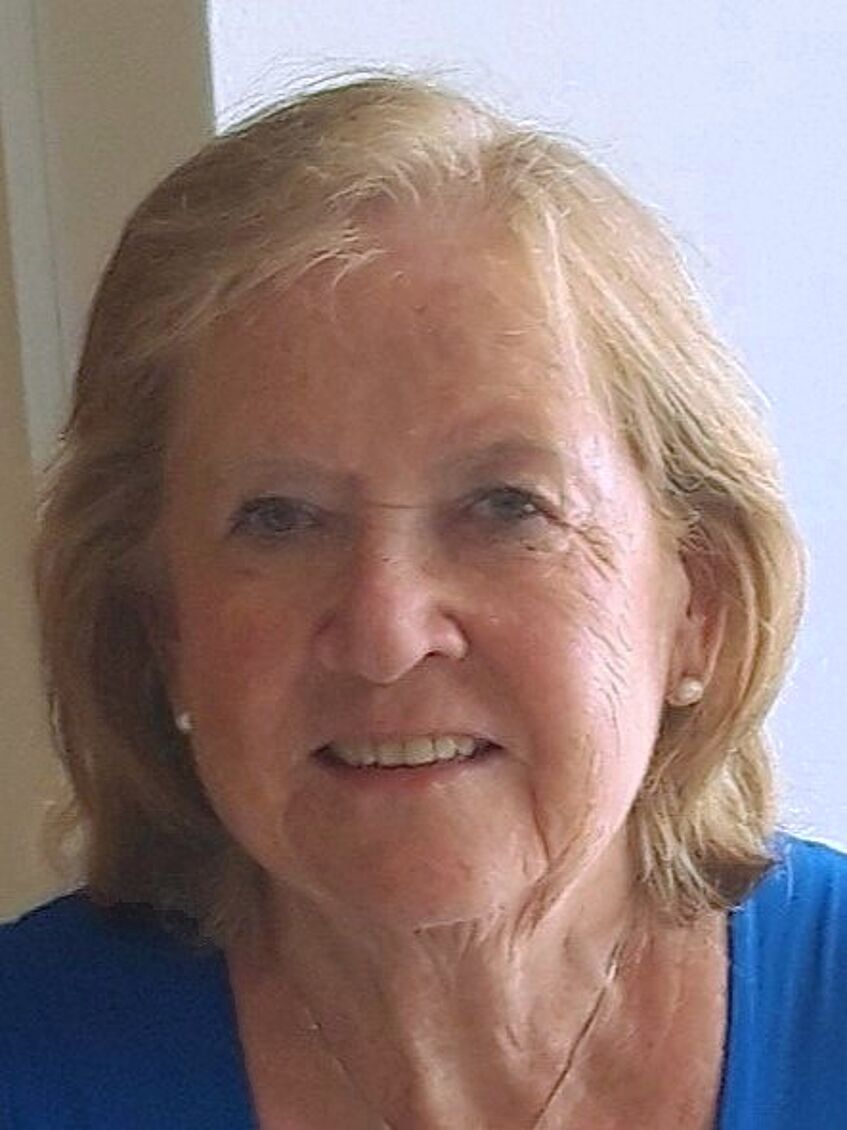
Gerda Rogl, Senior Research Fellow at the Institute of Materials Chemistry
“I obtained a master’s degree in mathematics and in physics in 1969 and worked as high school teacher for more than 30 years. After my retirement I obtained a PhD degree in Physics and focused on thermoelectrics (Christian Doppler Lab on Thermoelectrics). My current research interests include the development of skutterudites with high ZTs by filling and nanocrystallization, thermal expansion and mechanical properties as well as severe plastic deformation.”
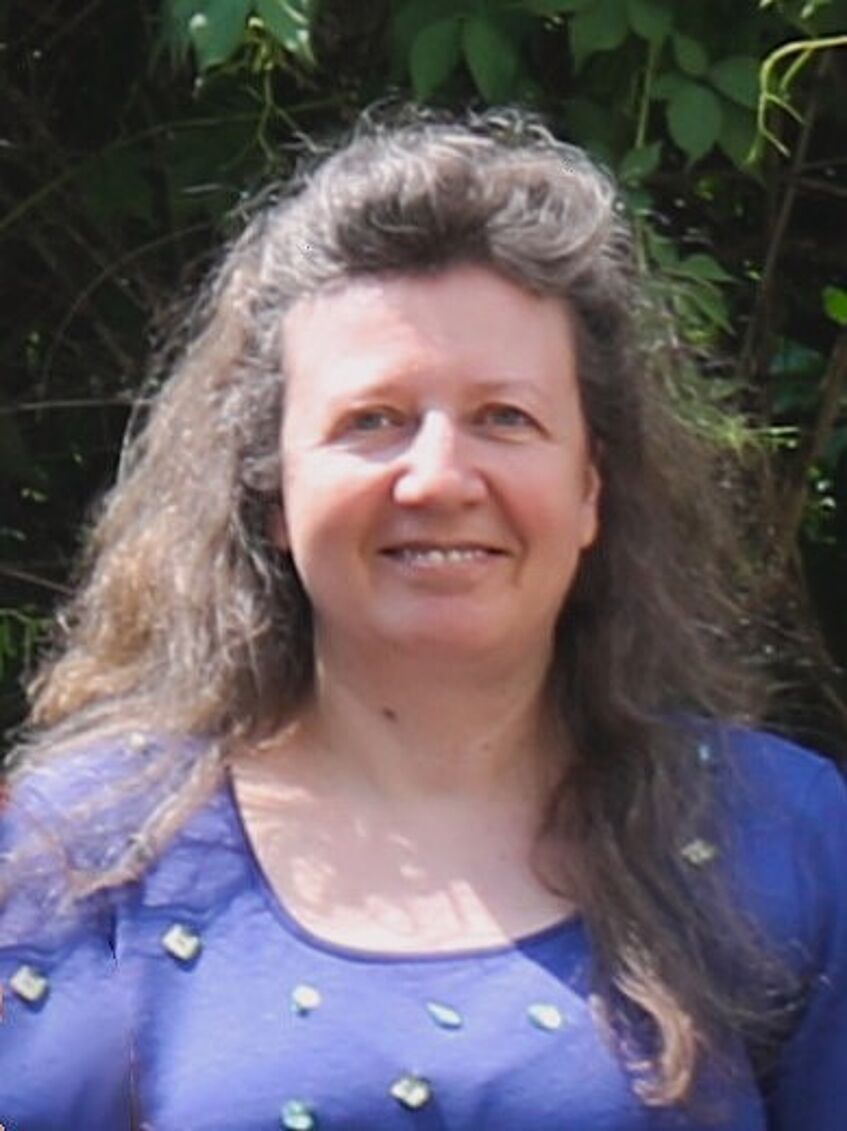
Annette Rompel, Professor at the Institute of Biophysical Chemistry
“I pursued chemistry and biochemistry to deepen my understanding of how biological processes impact health, aiming to contribute to medical advancements that improve lives.”
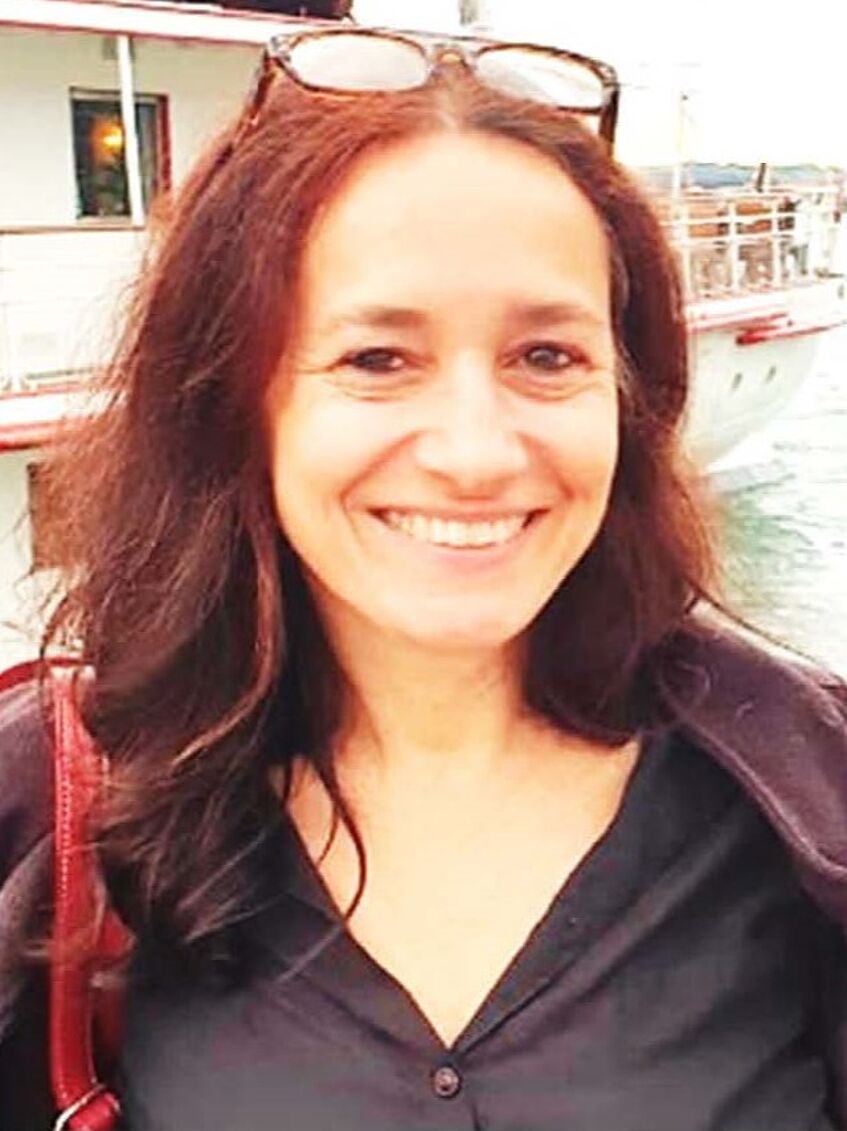
Astrid Slany, Senior Scientist at the Institute of Analytical Chemistry
“As a senior scientist, I am responsible for the Basic Laboratory Course II A for Bachelor Students, as well as the course Proteomics and the lectures Electrophoretic and chromatographic separation methods and Biomarkers for Master students. I am especially interested in bio/chemical processes and elucidating patho/physio-logical mechanisms affecting the human organism.”
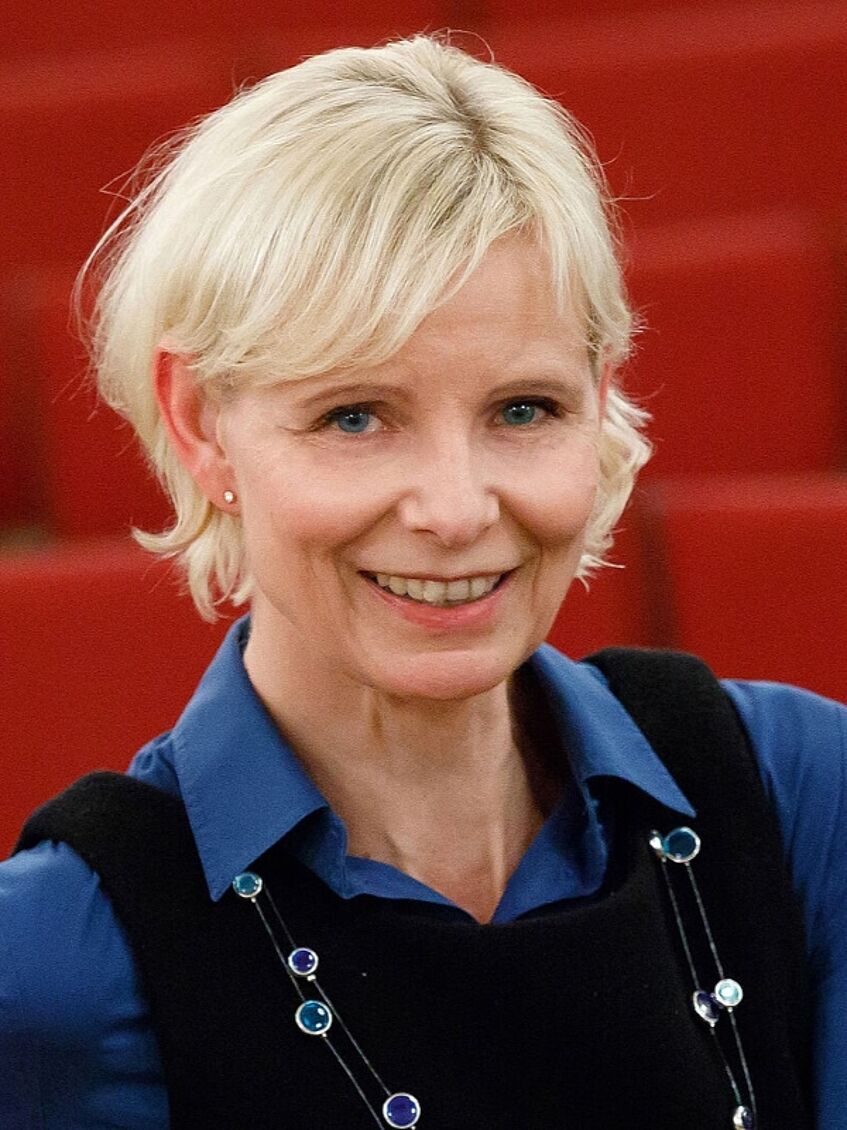
Veronika Somoza, Professor at the Institute of Physiological Chemistry
“Chemistry is fascinating because it demonstrates how tiny molecular structures can have enormous impacts, especially when it comes to aroma compounds. These molecules, often just a few atoms in size, are responsible for the smells we associate with foods, flowers, perfumes, people and even environments. This interplay between tiny molecules and their outsized effects is a perfect example of how chemistry bridges the microscopic and macroscopic worlds in surprising, beautiful ways.”

Diana Széliová, Postdoctoral Researcher at the Institute of Analytical Chemistry
“I use mathematical models to study biochemical networks in living cells. These models help us understand how cells function, adapt to new environments, and inspire innovations in biotechnology and medicine.”
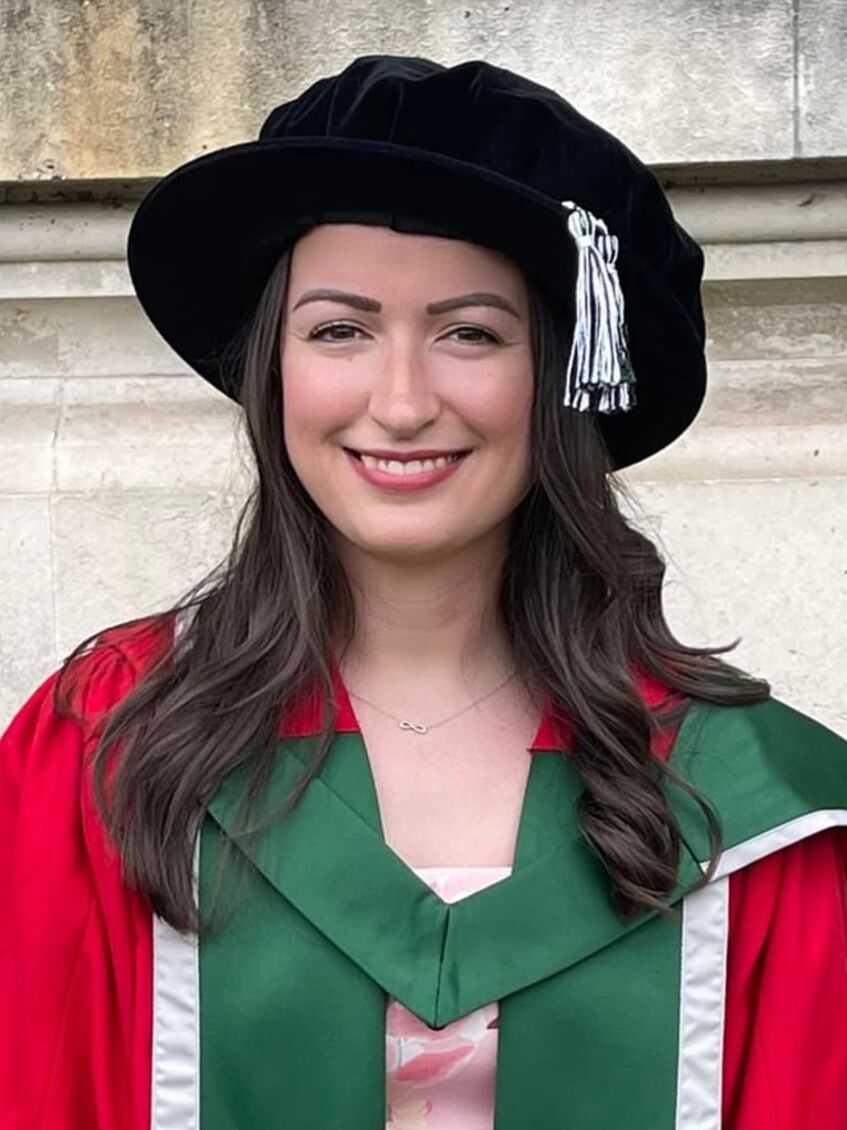
Sophie Thomas, Postdoctoral Researcher at the Institute of Inorganic Chemistry
“Surprisingly, unlike many others in my school, I loved Chemistry, so it was a natural progression to pursue it as a degree. During my master’s research project, I realised how cool it would be to do this every day. Chemistry can be unforgiving at times, but when it works, there’s no feeling like it. I love that each day is never the same; one day, I can be in the lab completing experiments, and the next, I could be discussing new reactions to try or having ‘wouldn’t this be cool’ moments. I can be creative with areas I explore, and I learn something new every day, even in my second postdoc.”
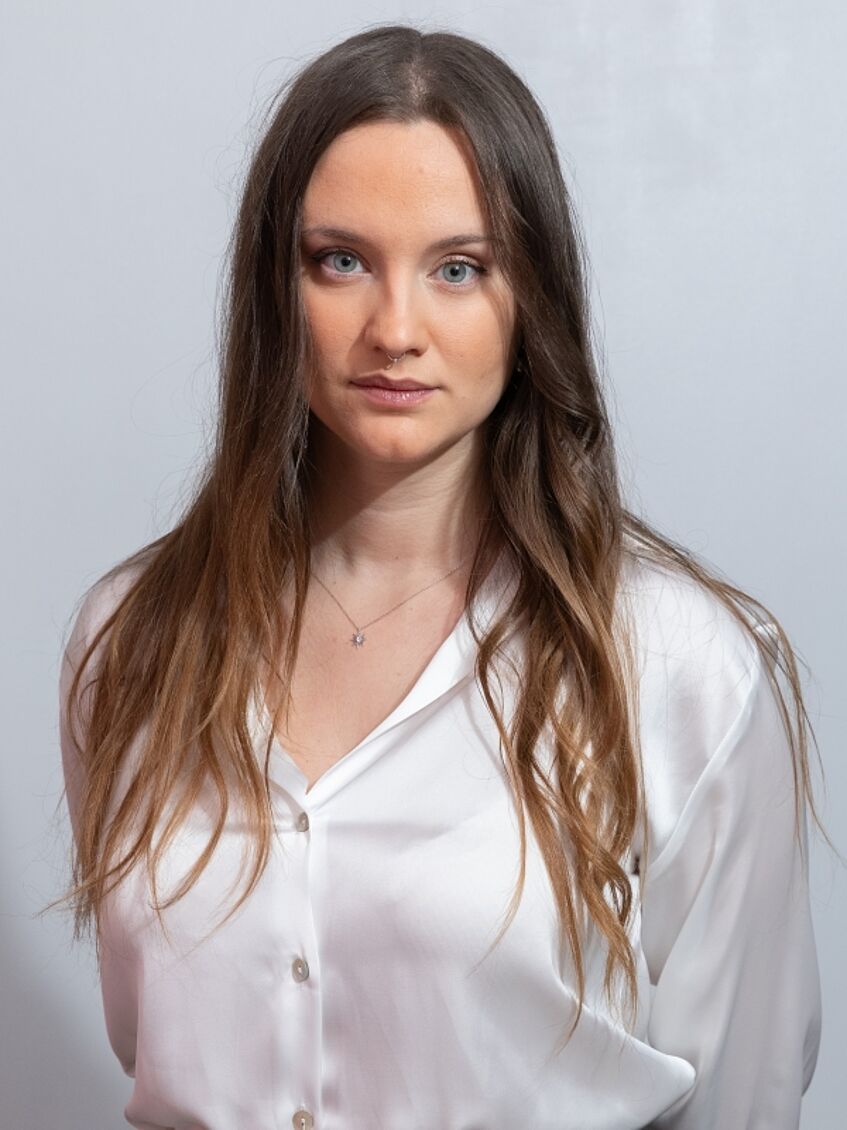
Sabela Vega Ces, PhD Student at the Institute of Organic Chemistry
“Organic chemistry has always fascinated me because it gives you the possibility of creating new things, rather than discovering them. You develop a new reaction that would have never existed otherwise, or a compound that has never been reported before. It is inspiring and changes your perception of everything—your individual actions do have an impact on the world.”
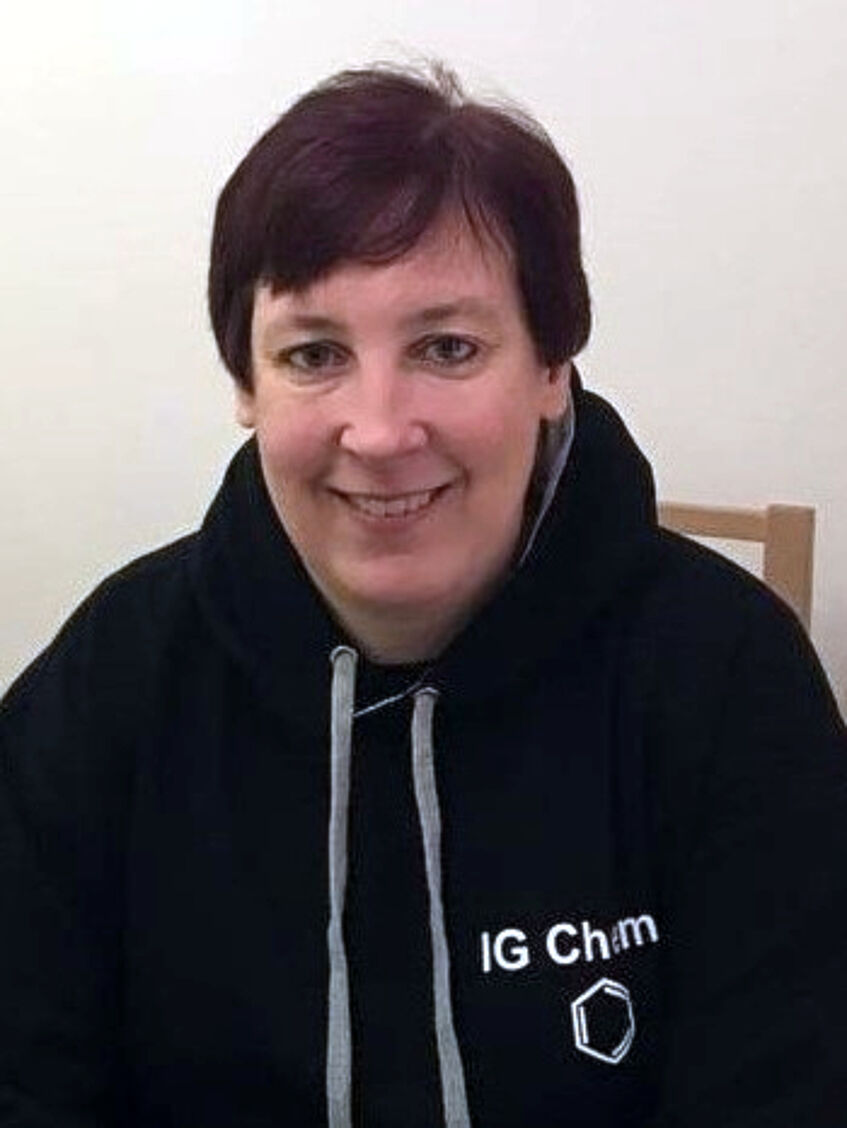
Jessica Walker, Senior Lecturer at the Instiute of Analytical Chemistry
“As a senior lecturer, I am excited to pass on chemical knowledge and watch the students understand their experiments in chemistry lab courses. Teaching at the Faculty of Chemistry allows me to learn new tasks, like the implementation of programming languages in chemistry courses, and about fascinating research topics. It's also amazing to see how the research at the faculty covers a wide variety of fields.”

